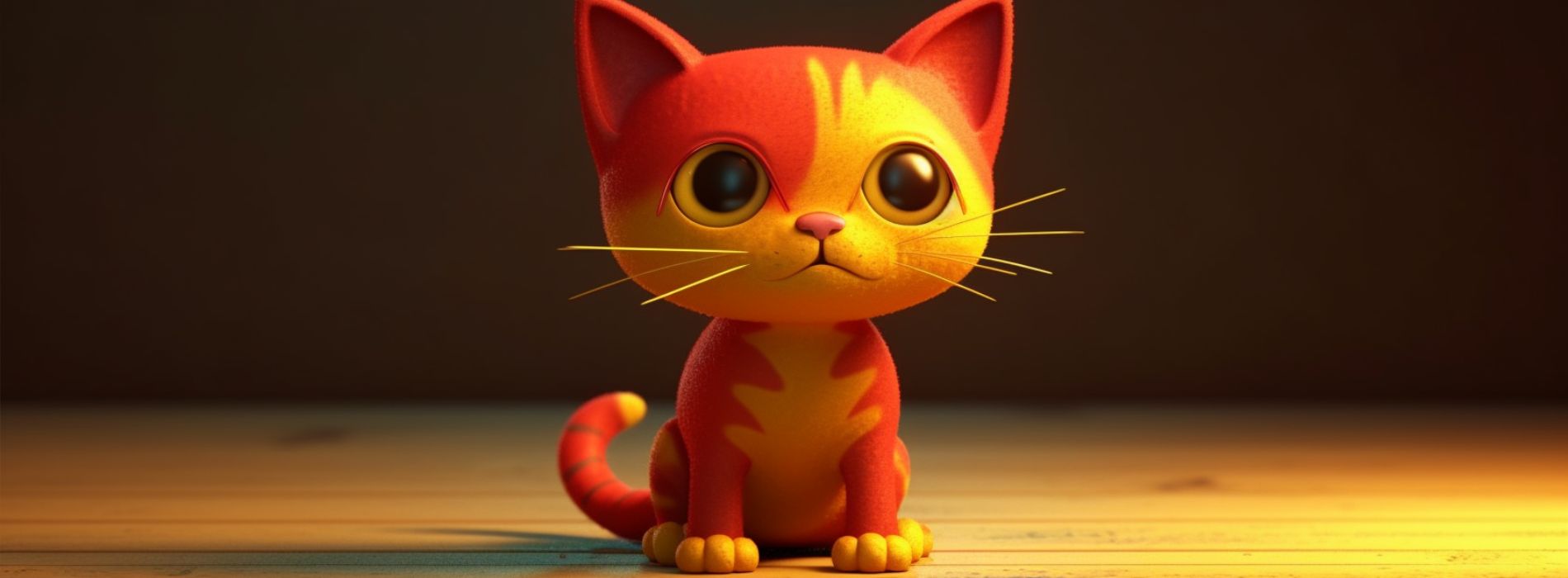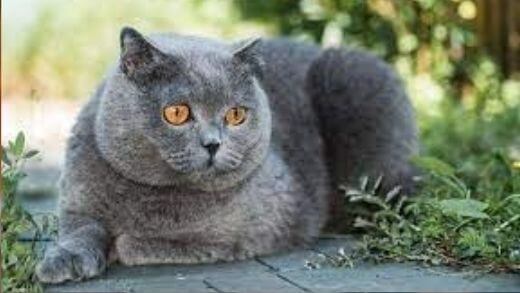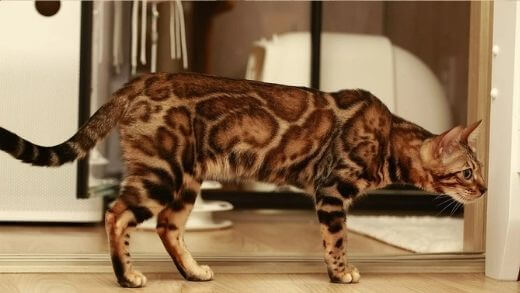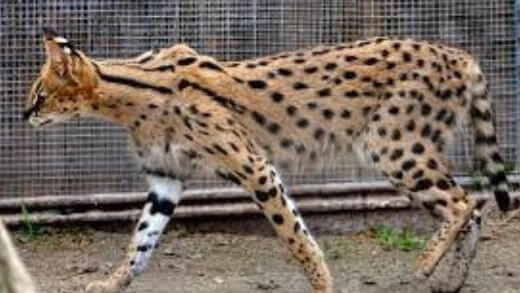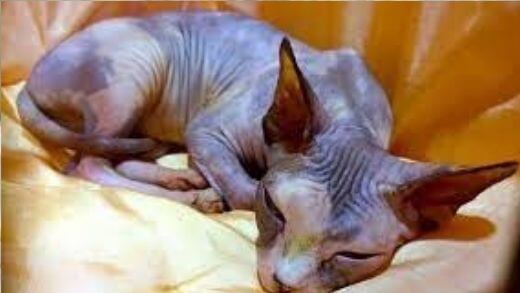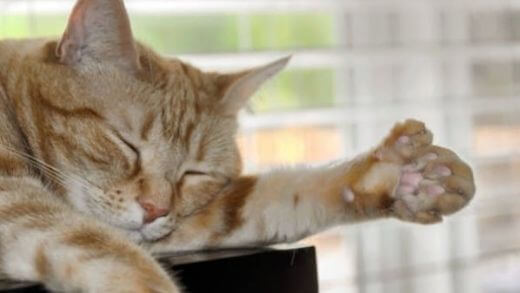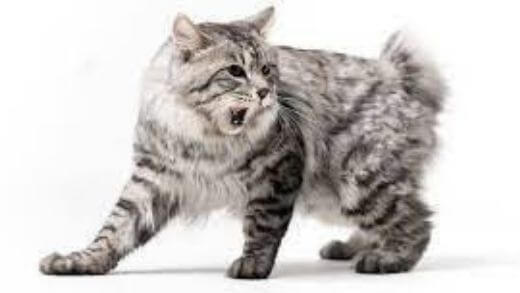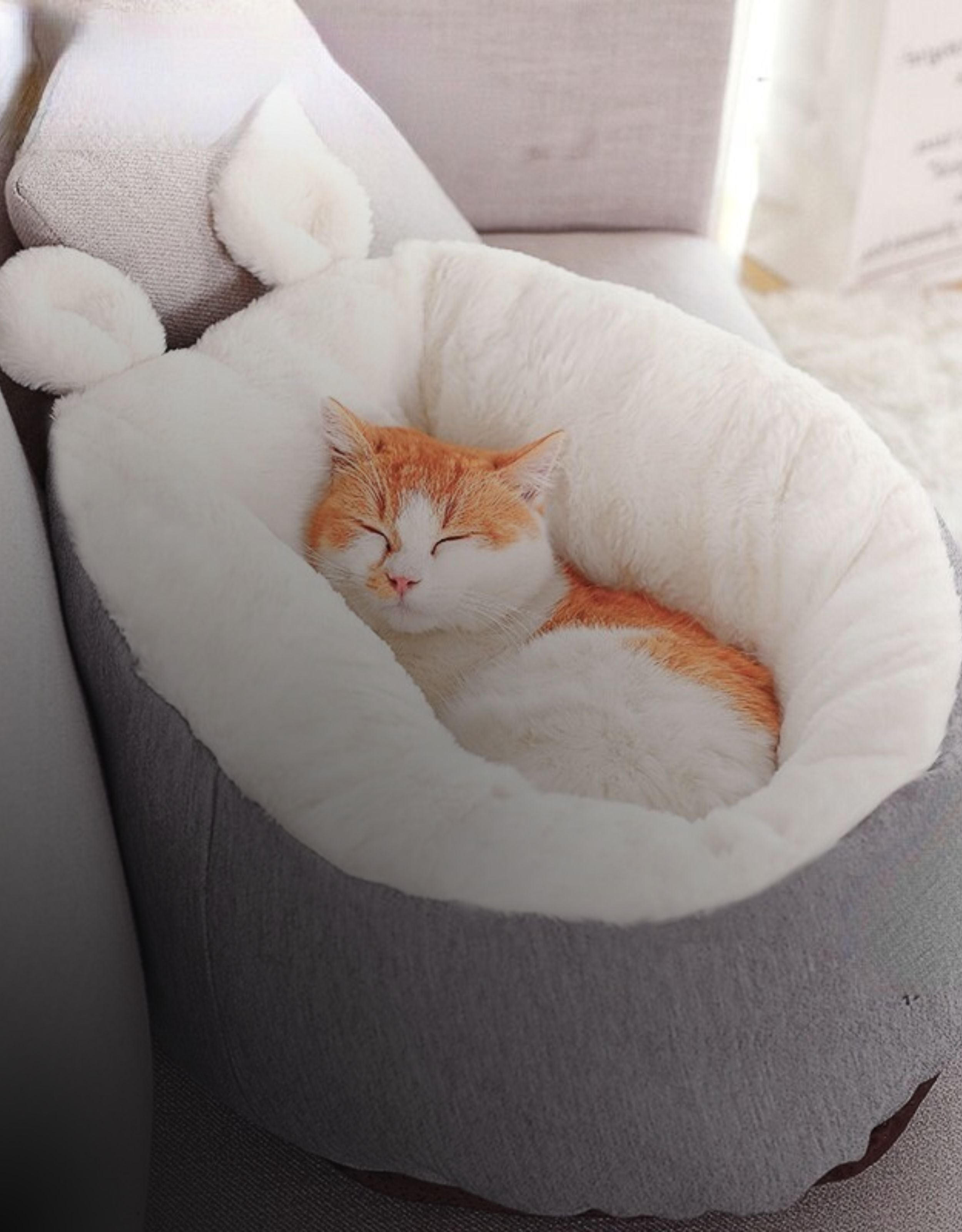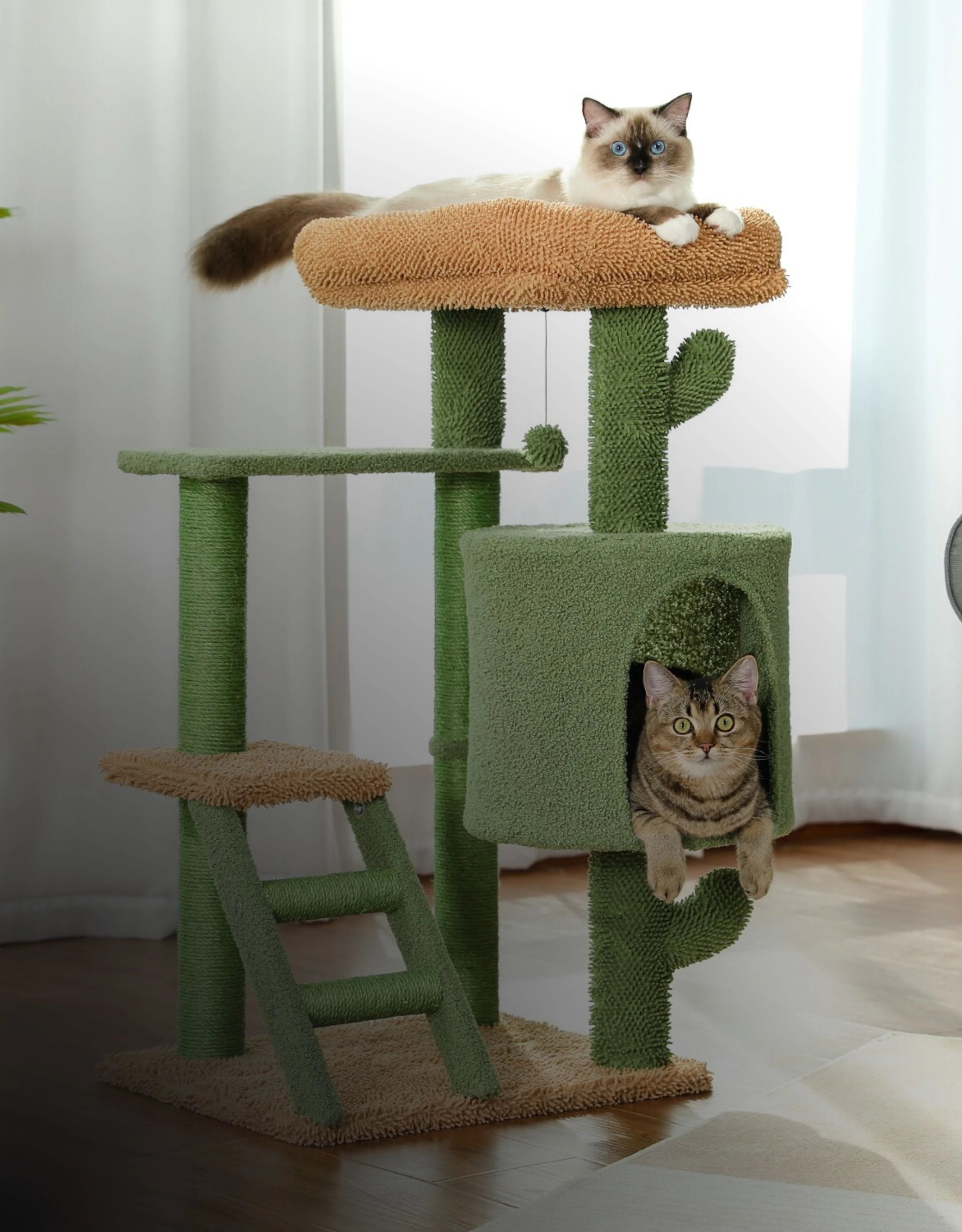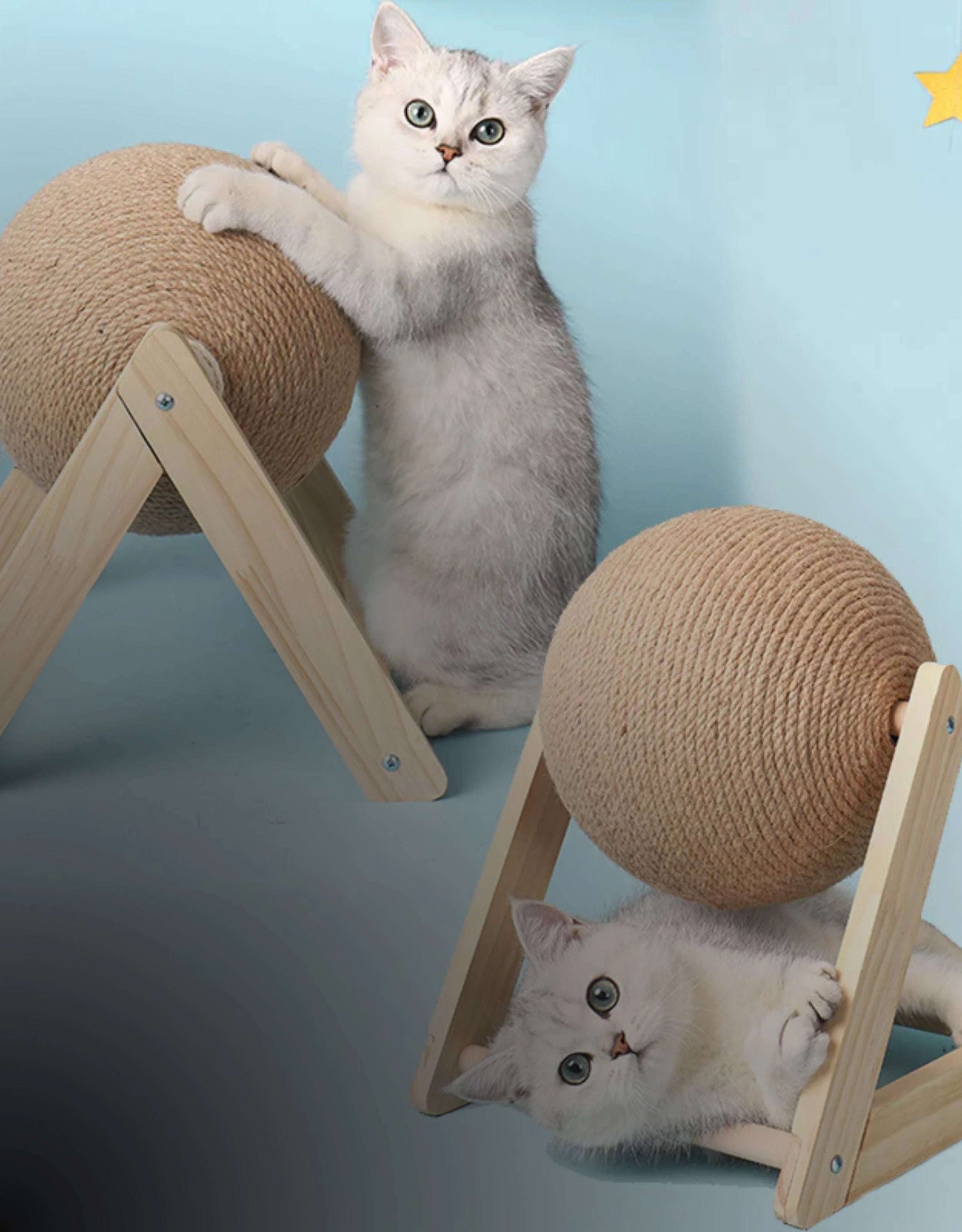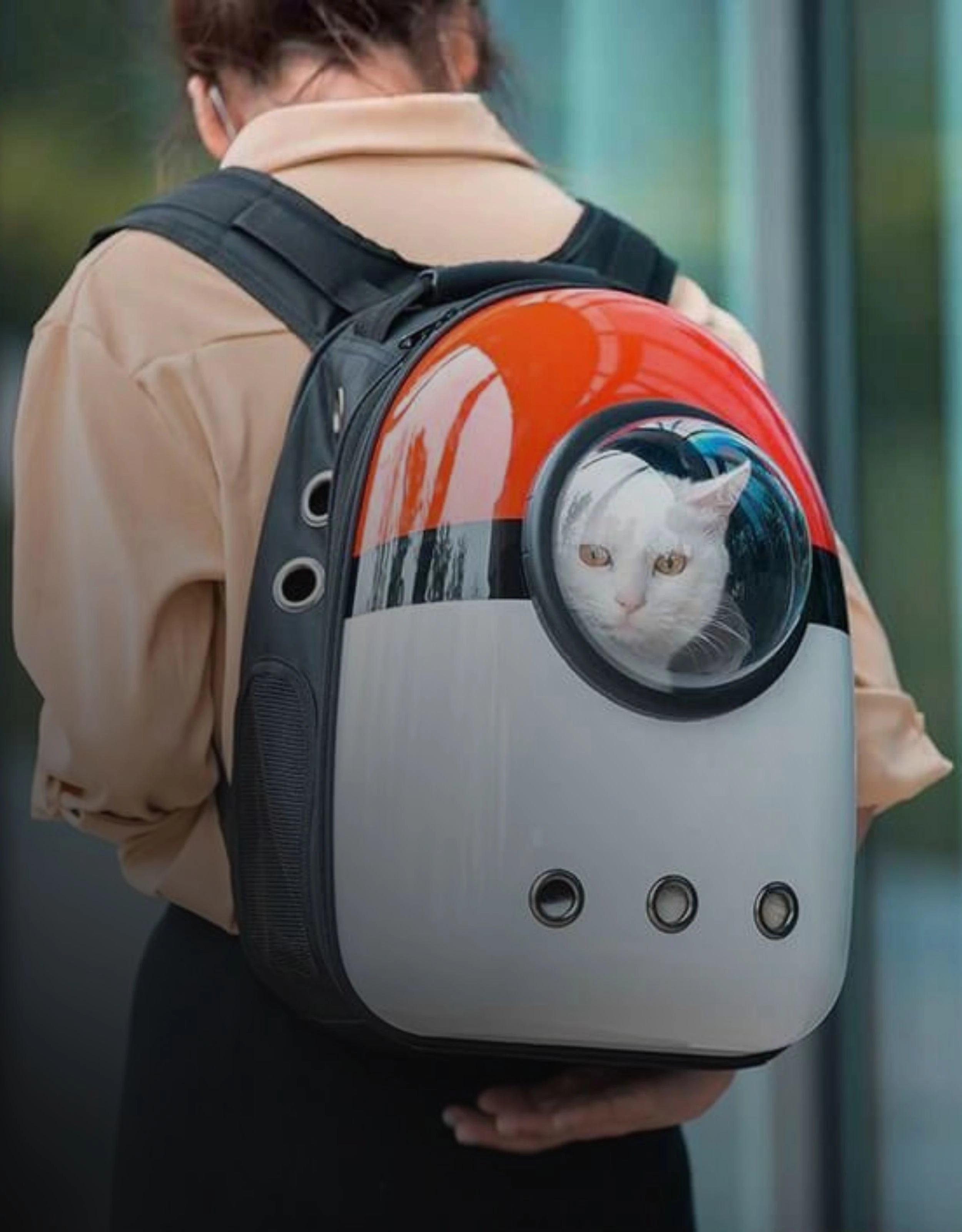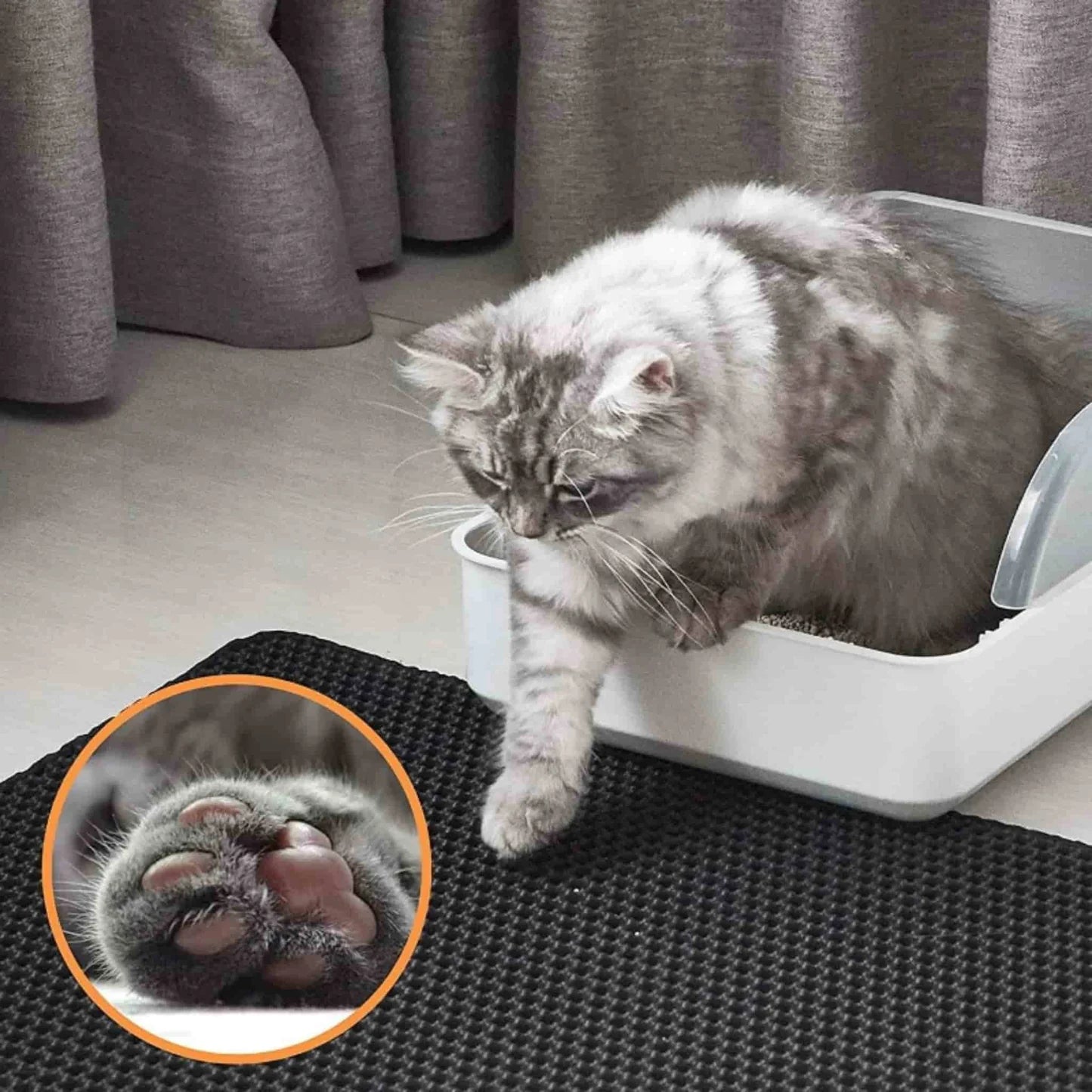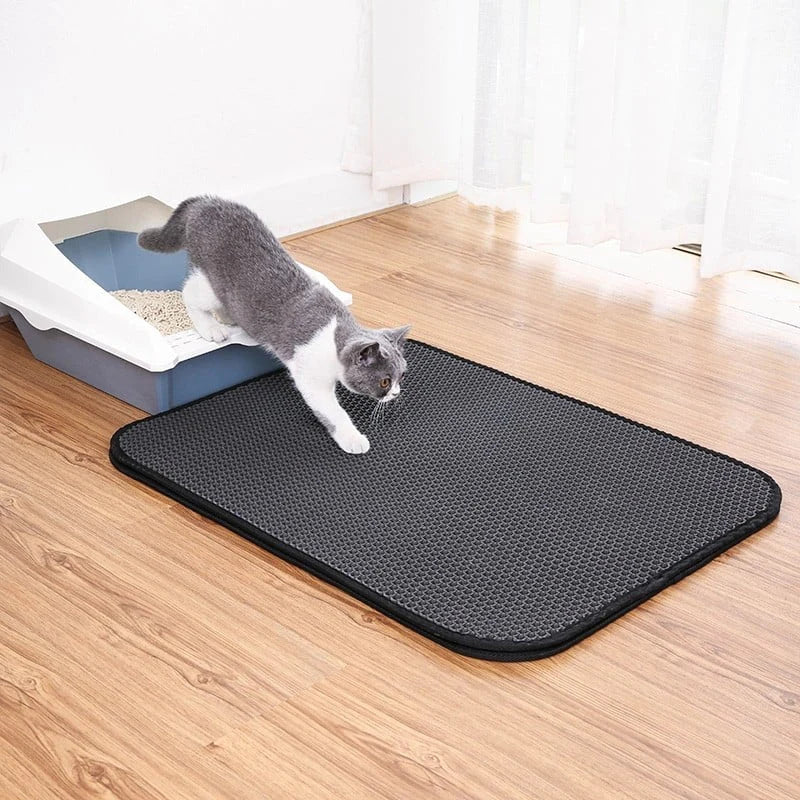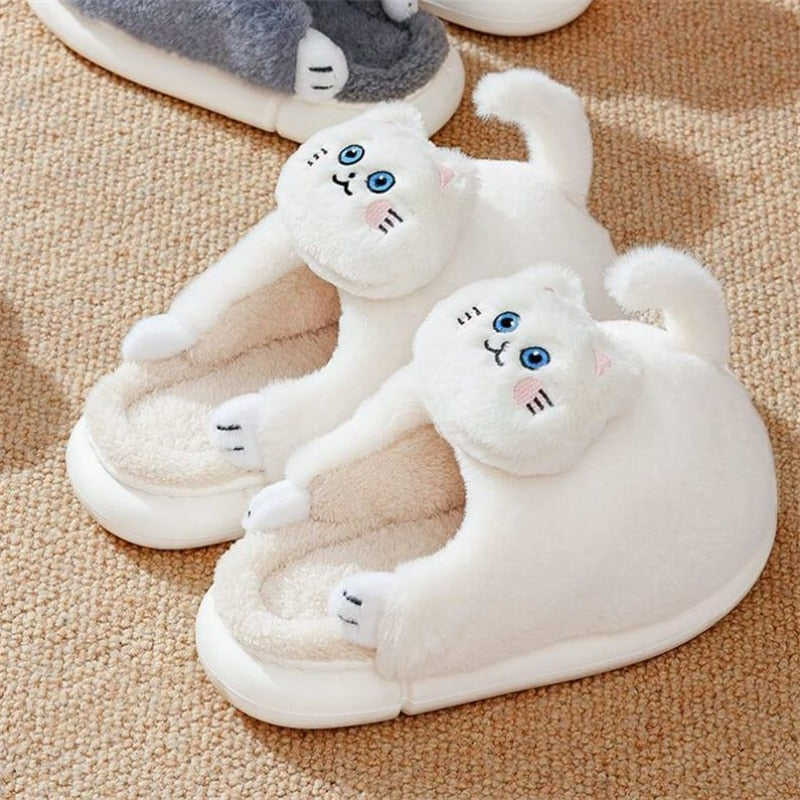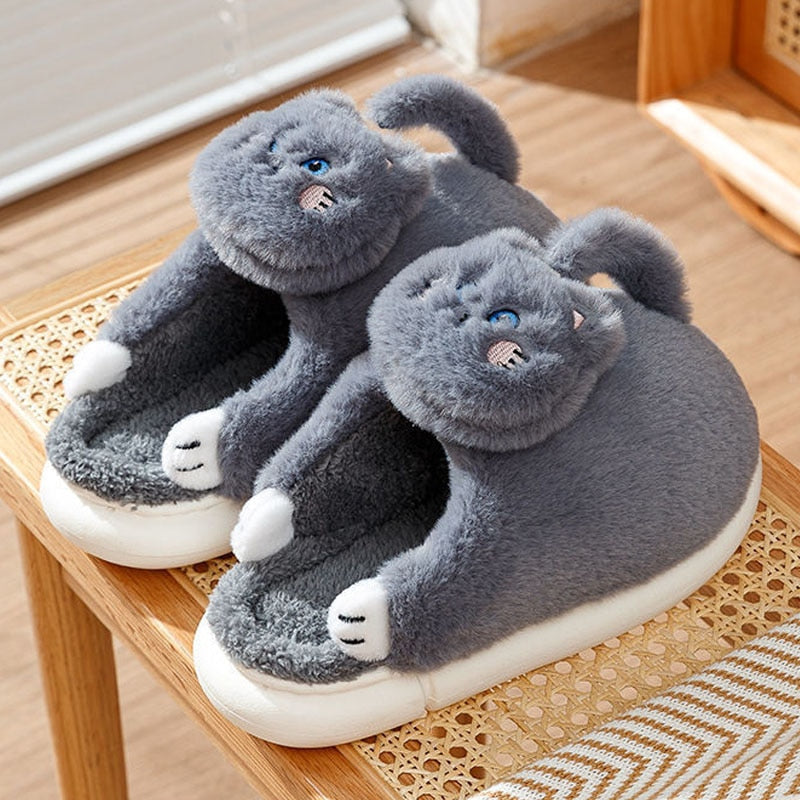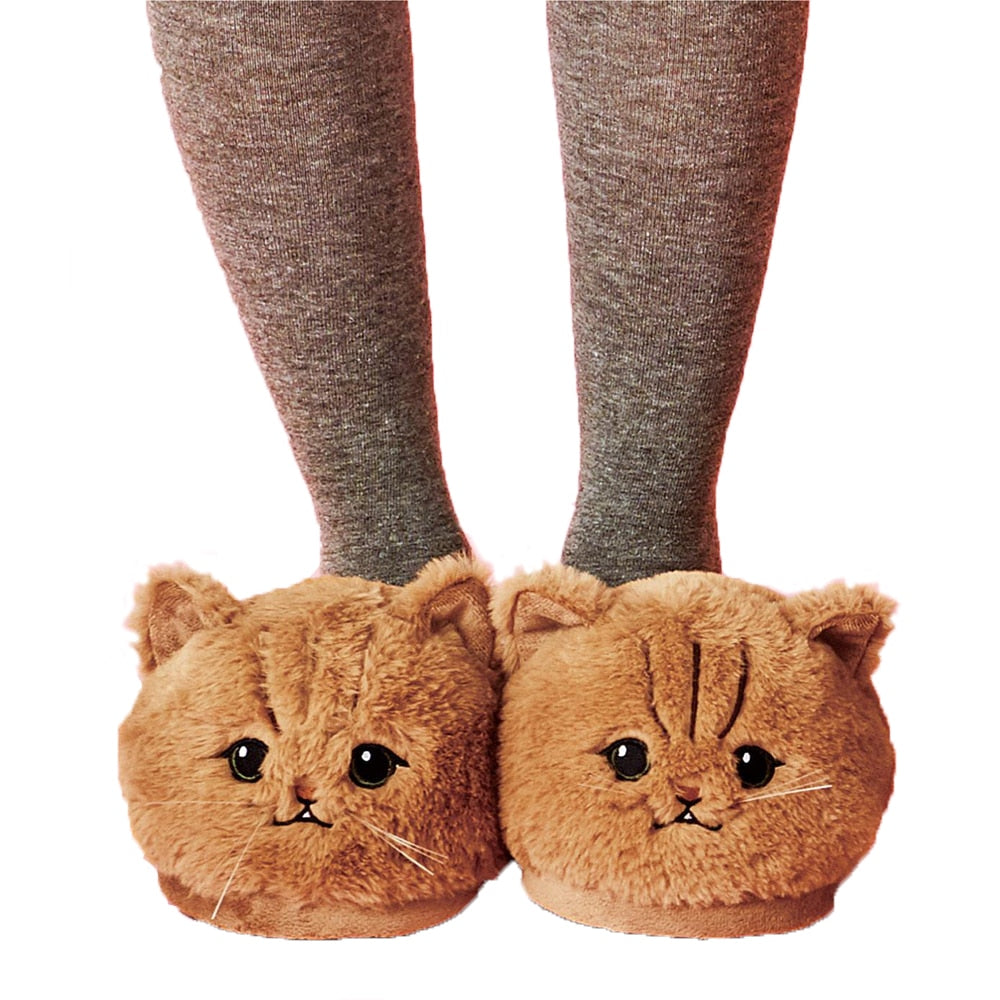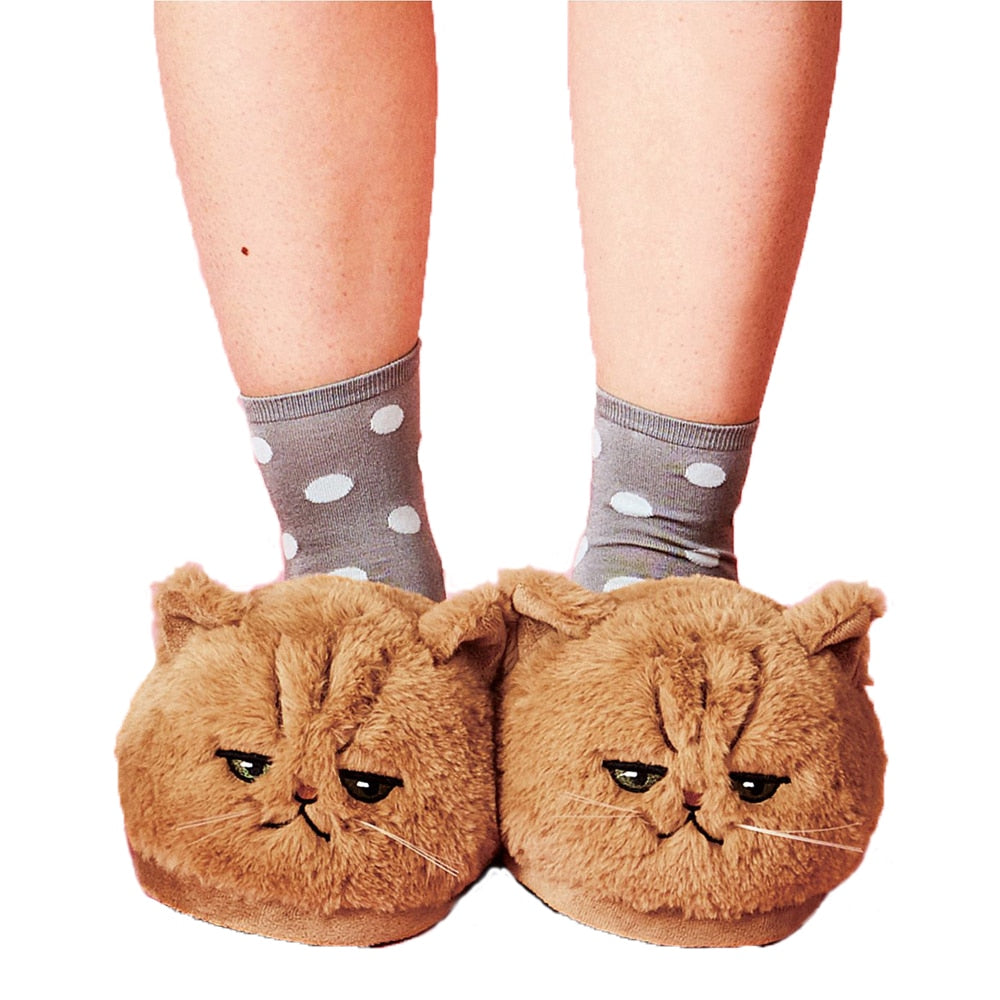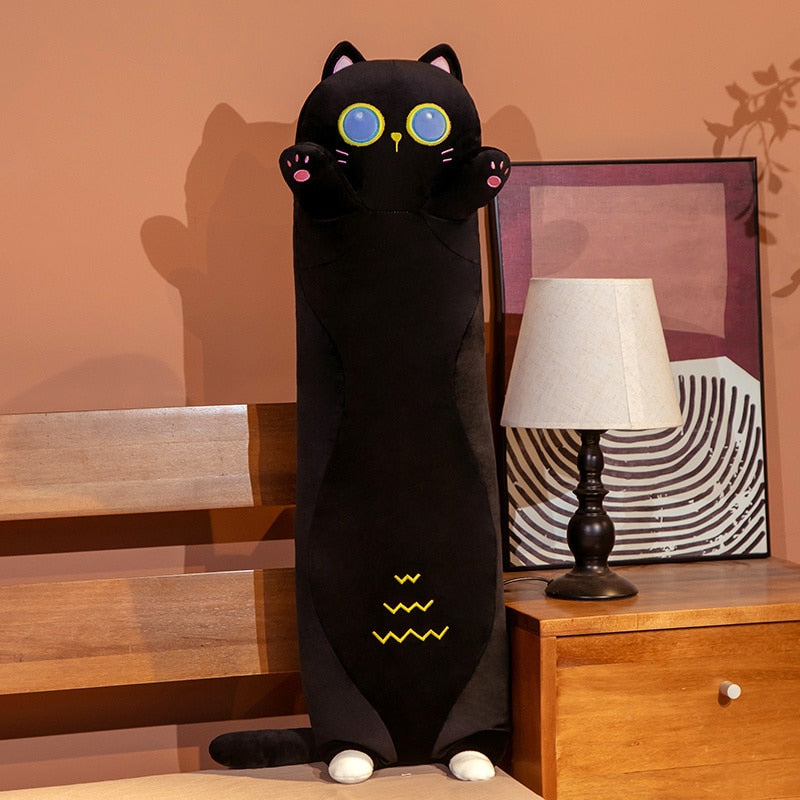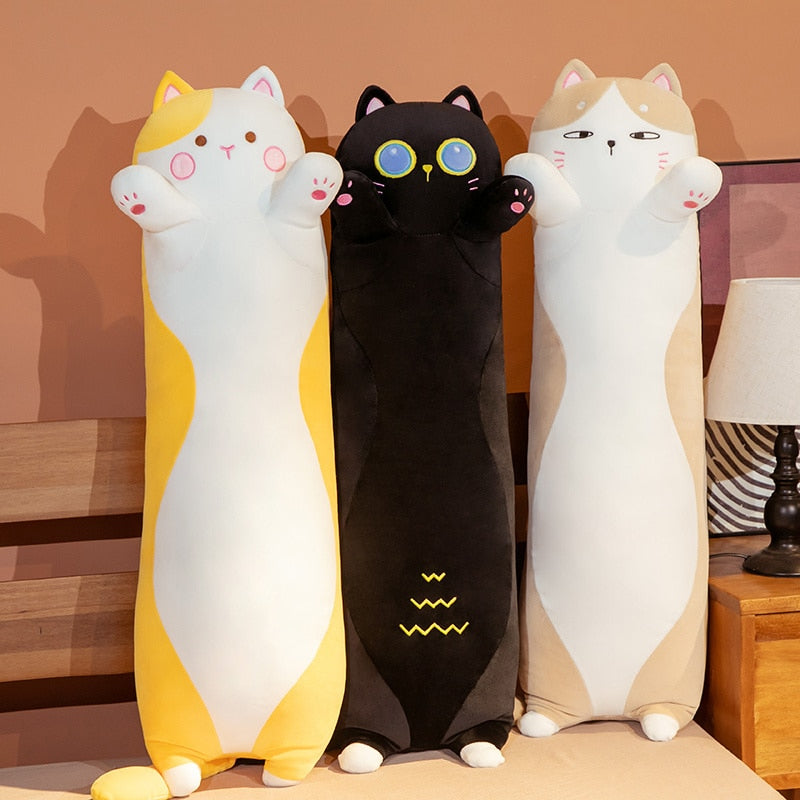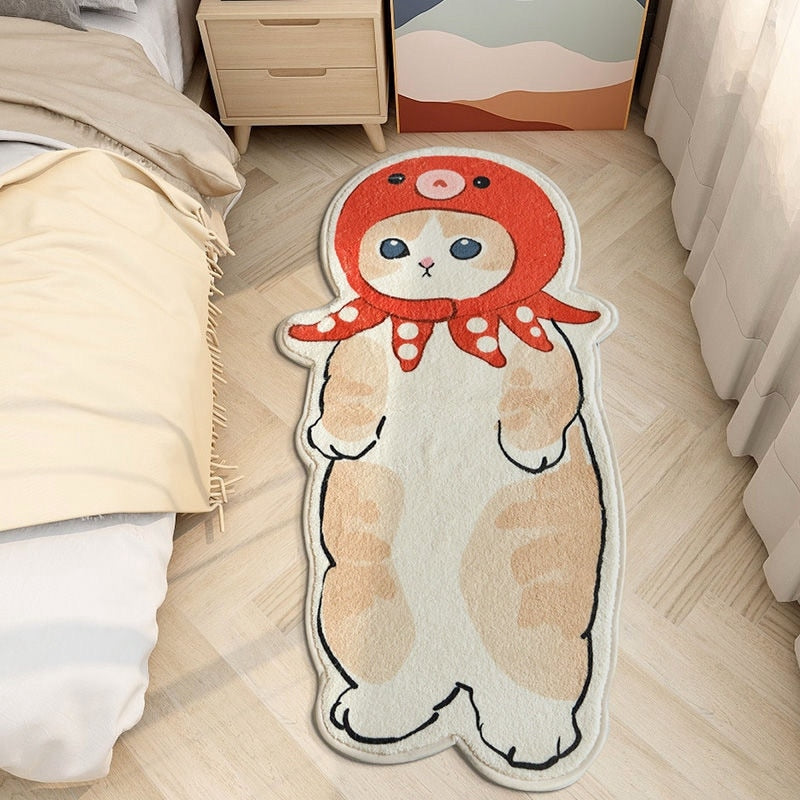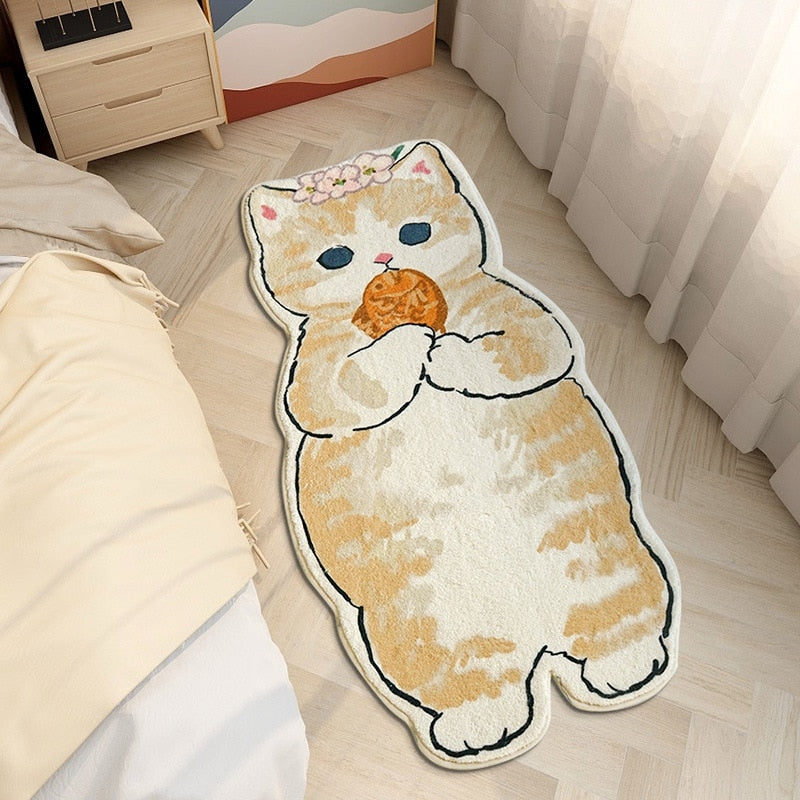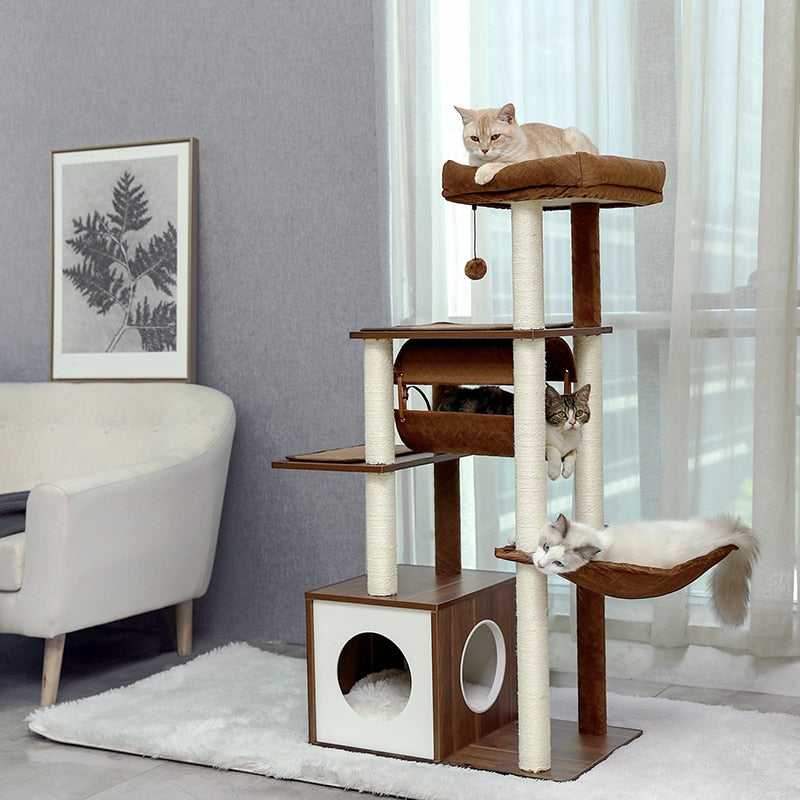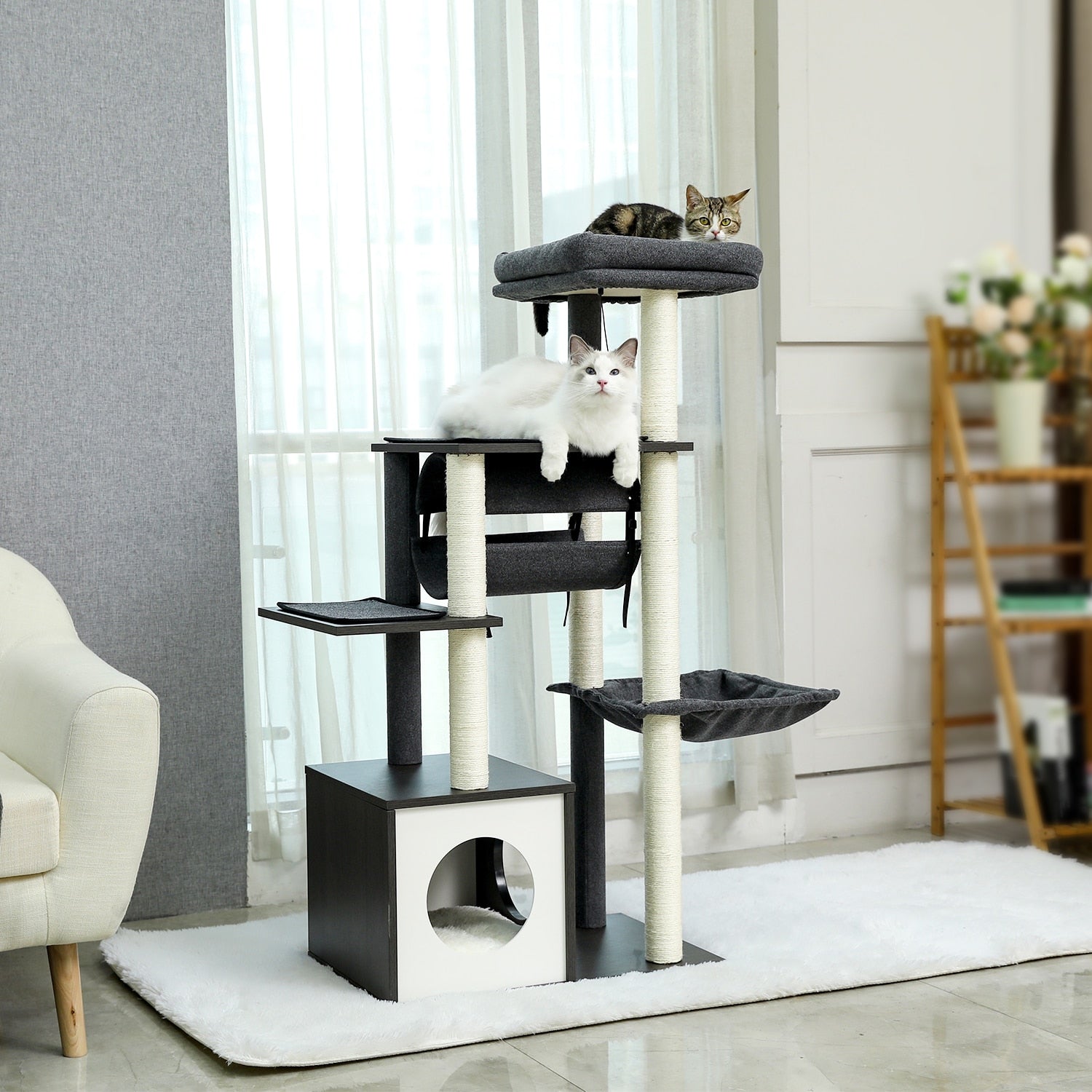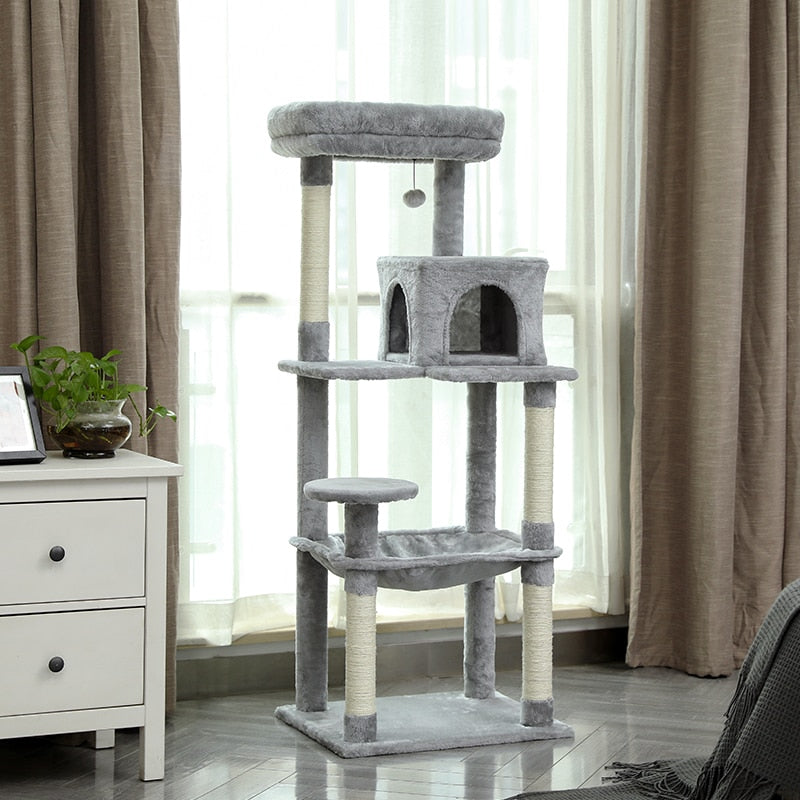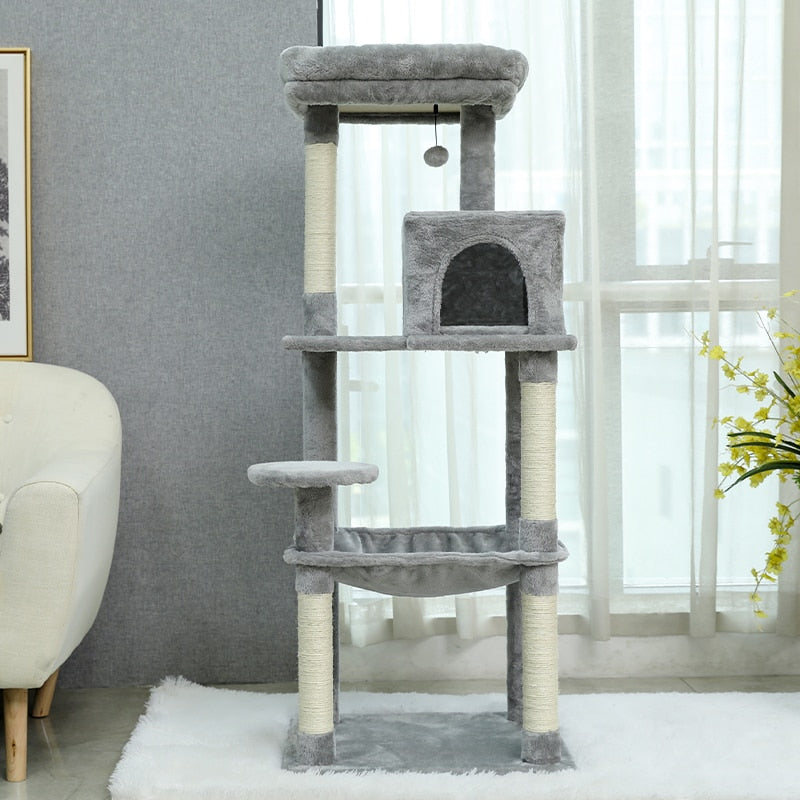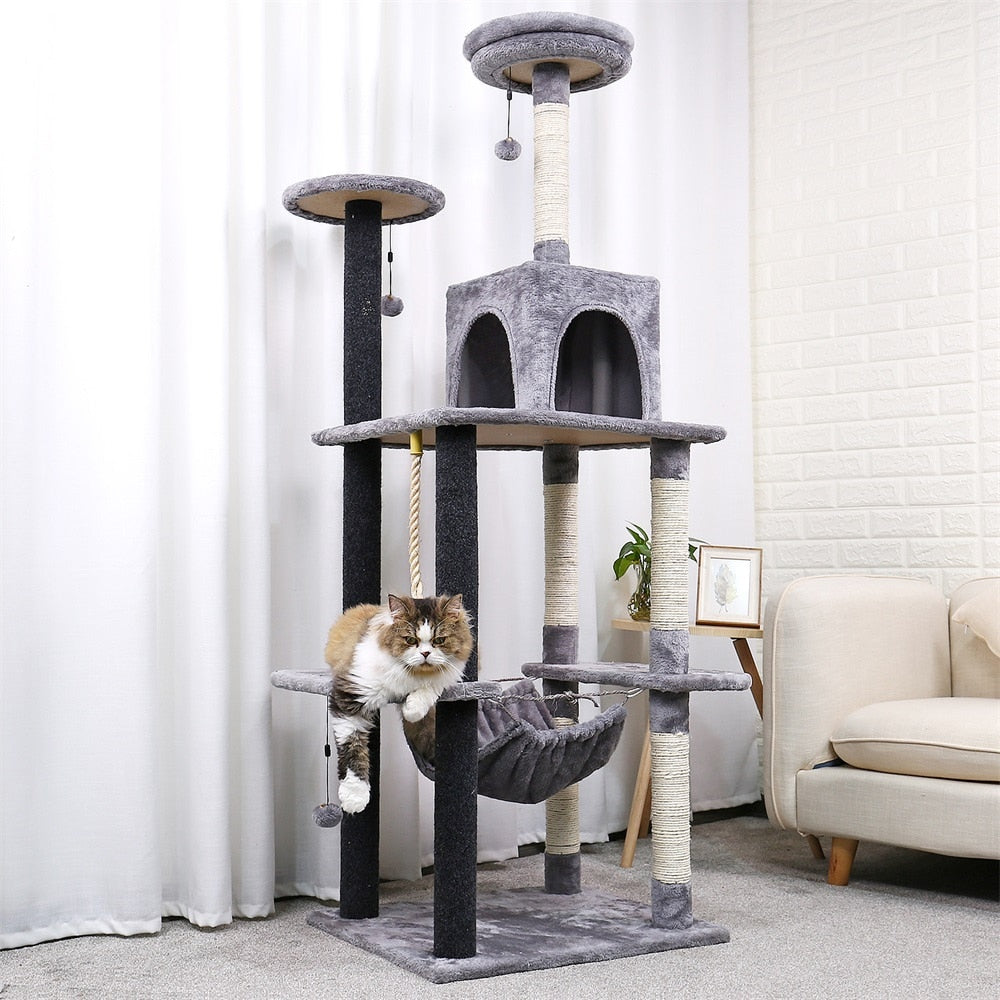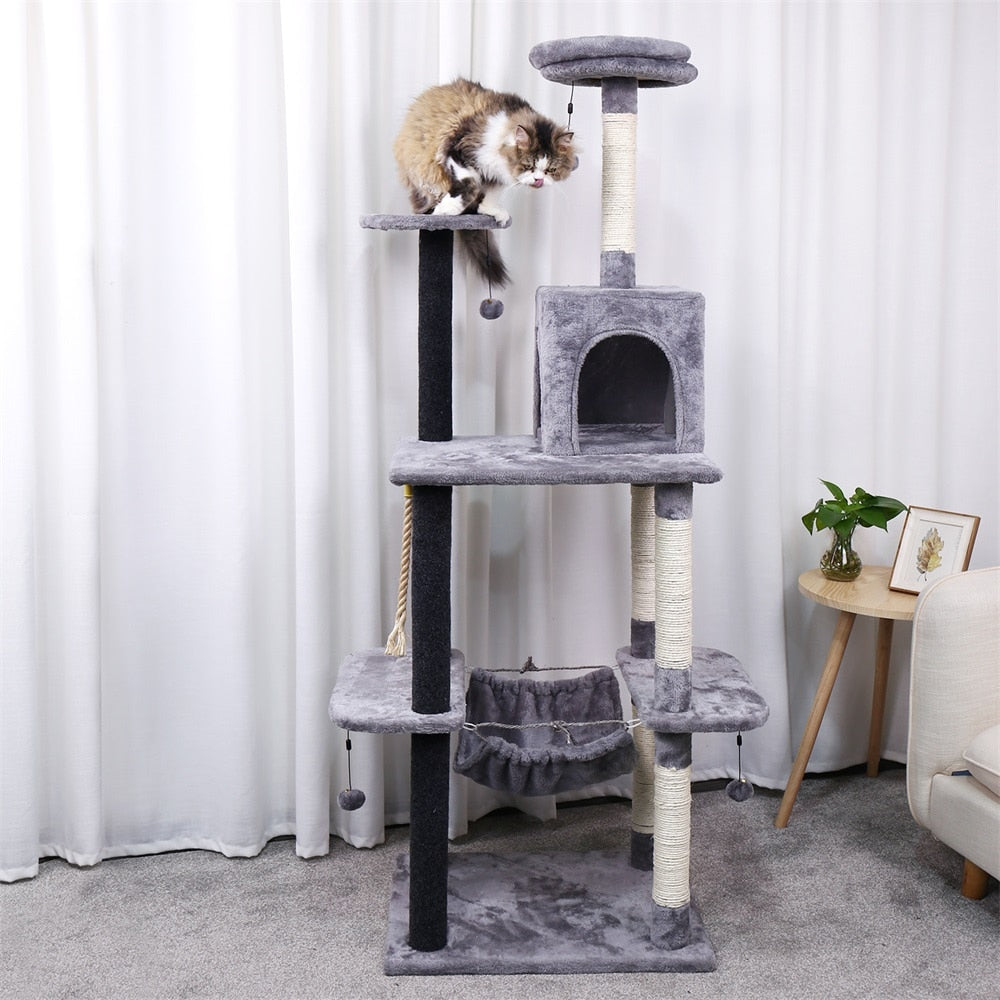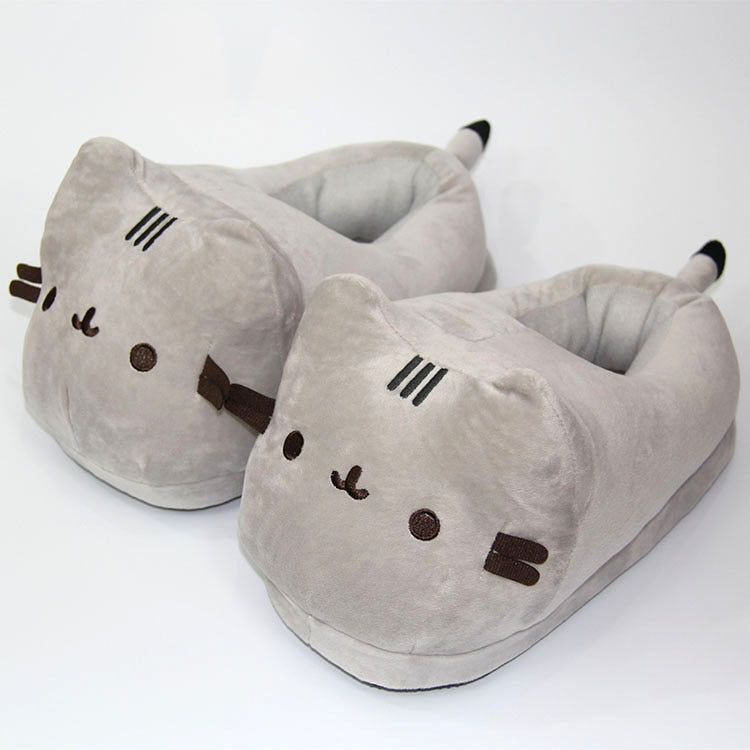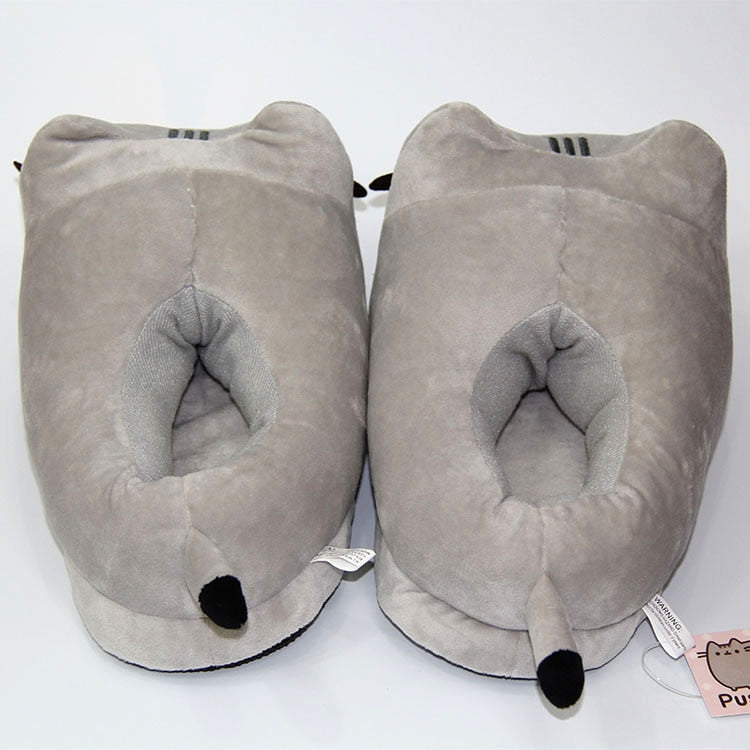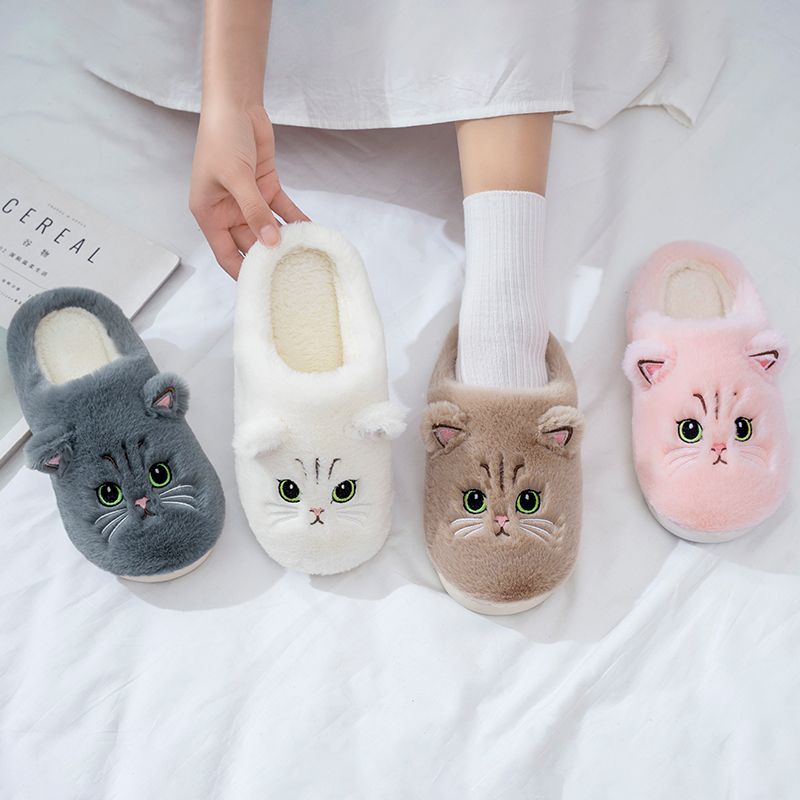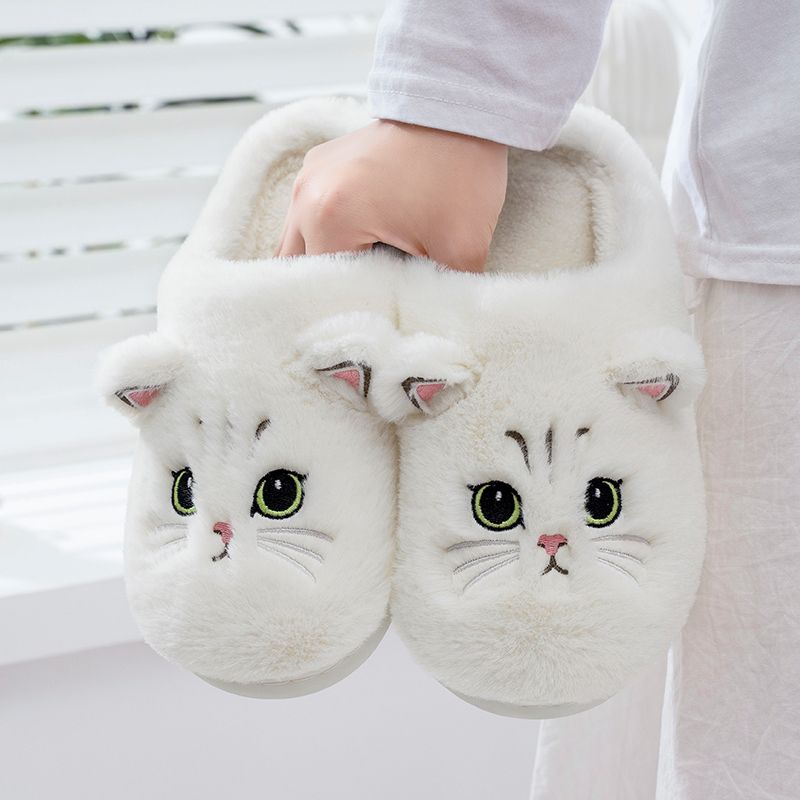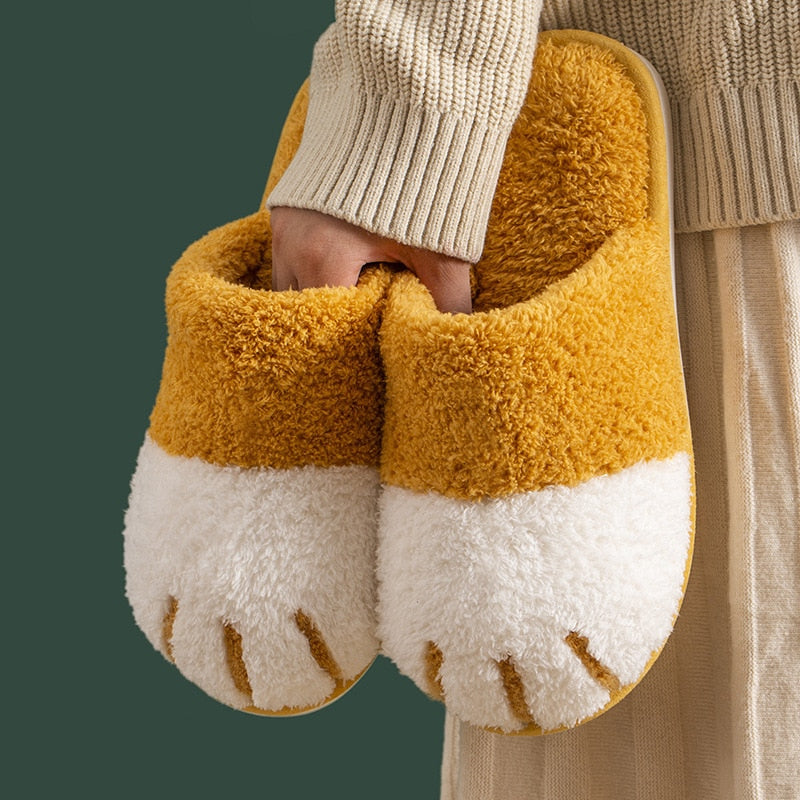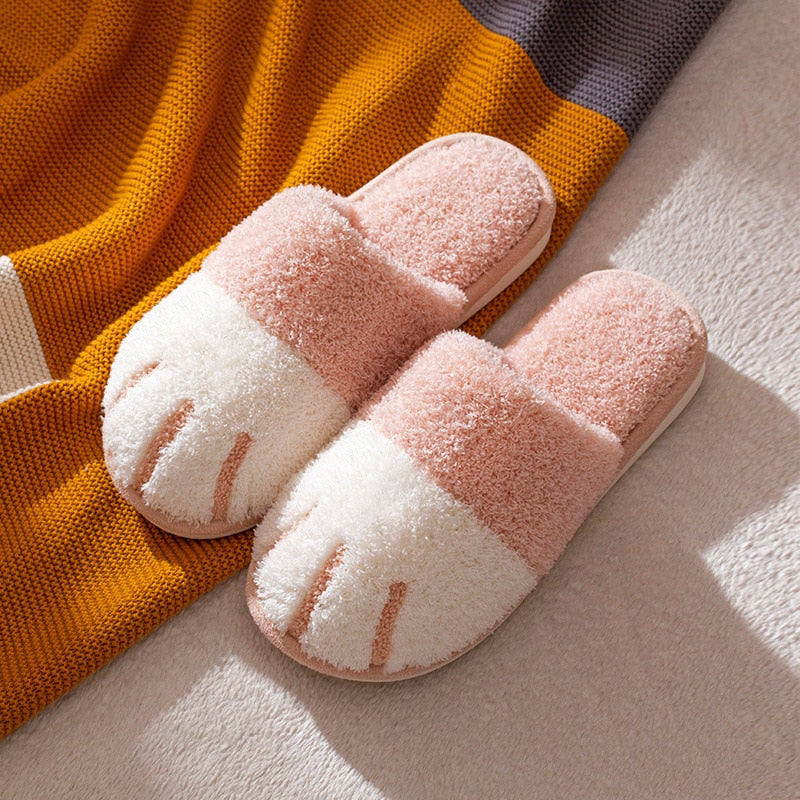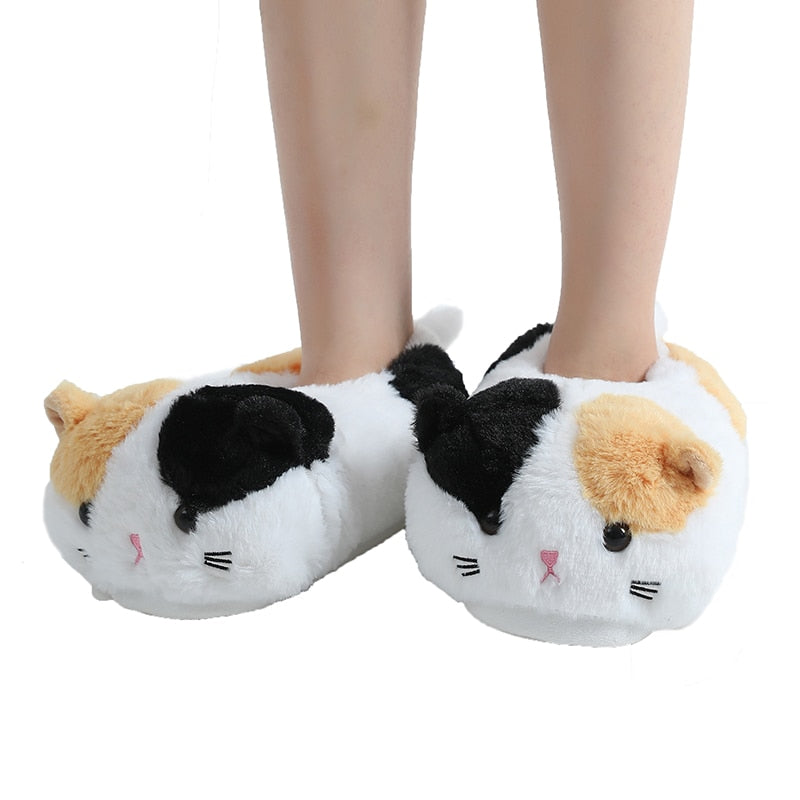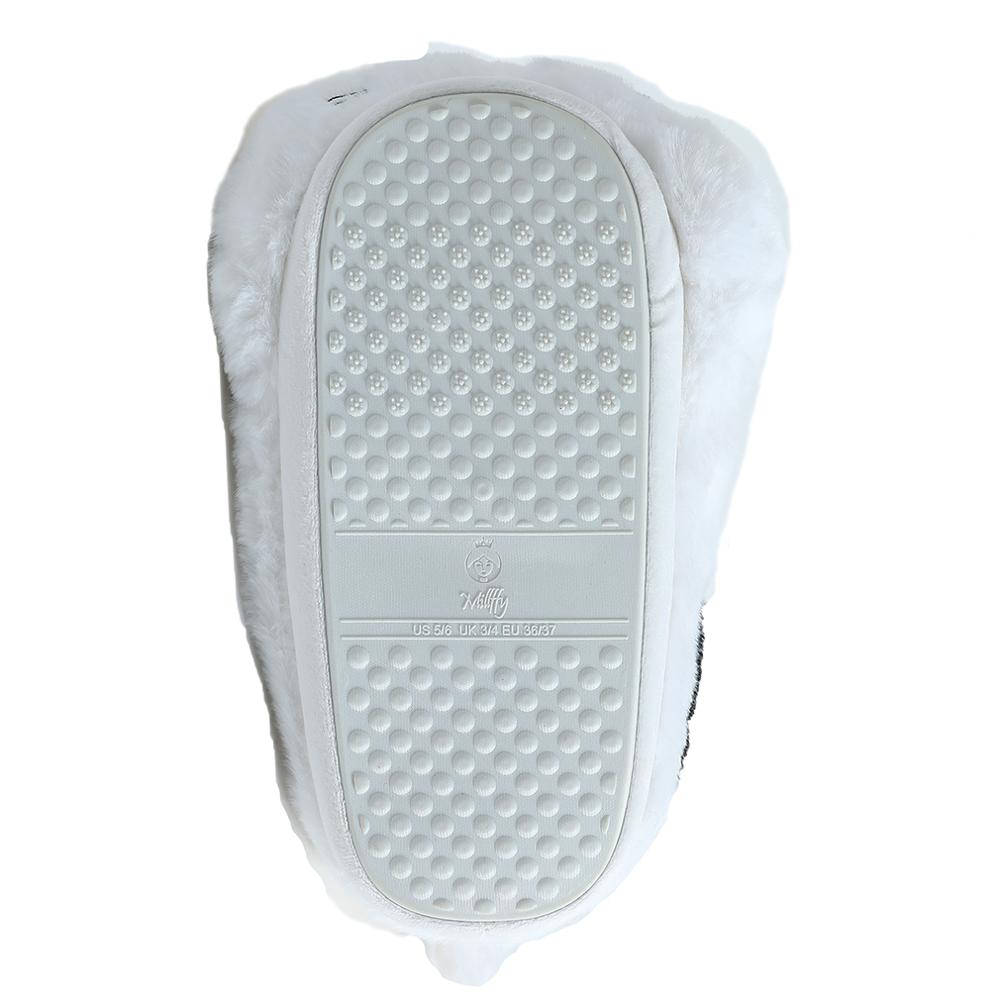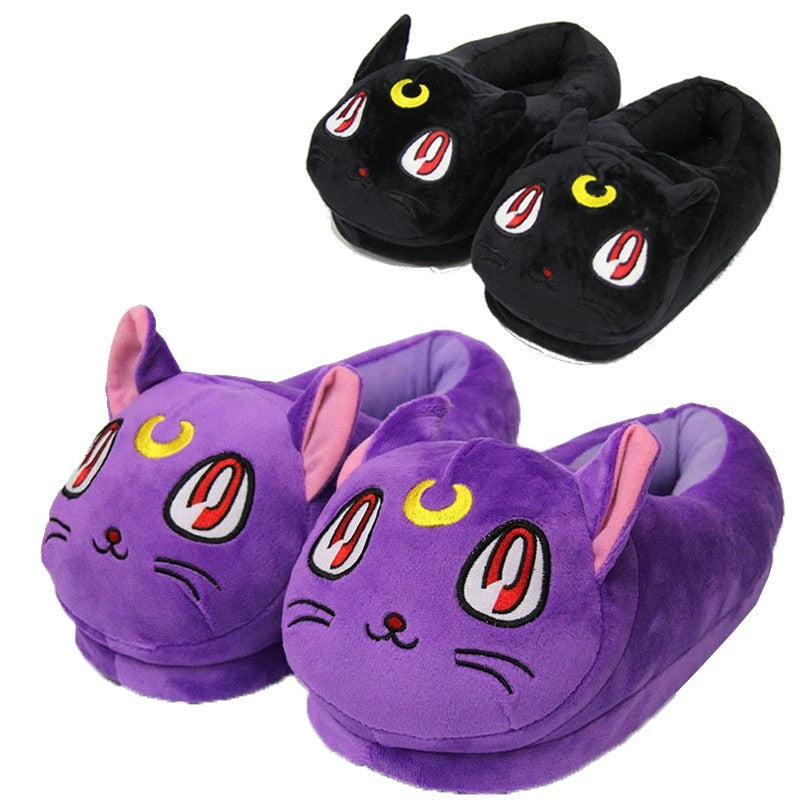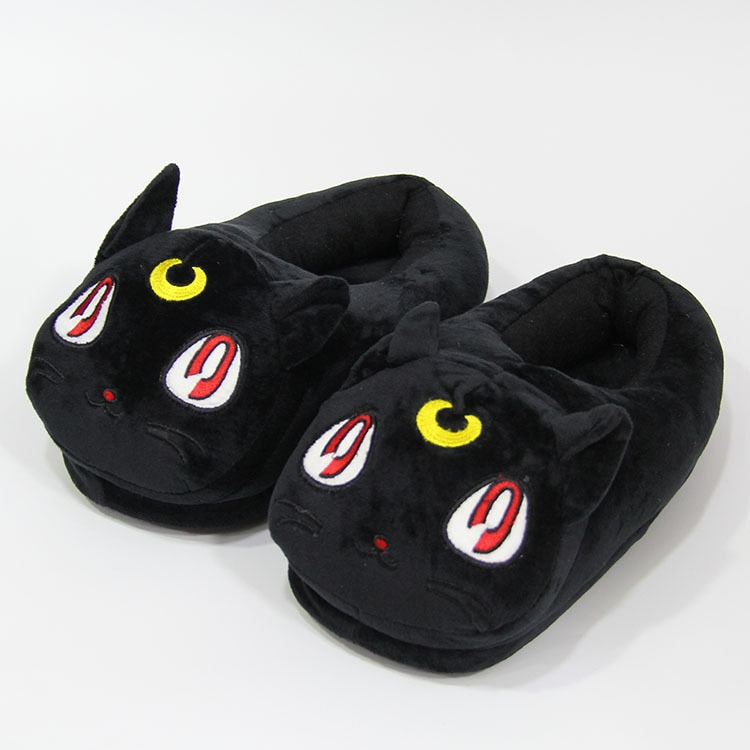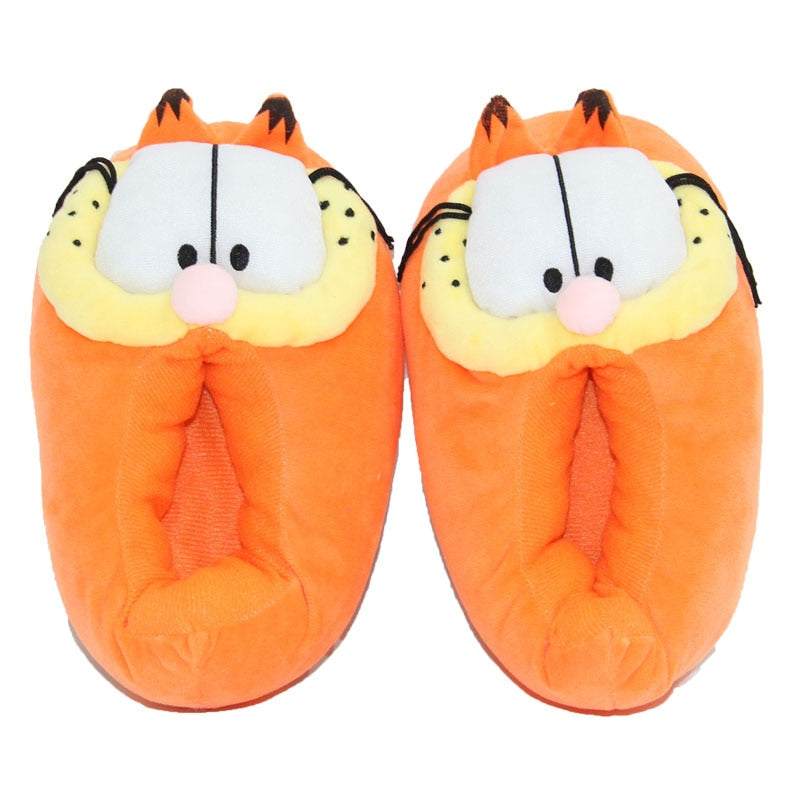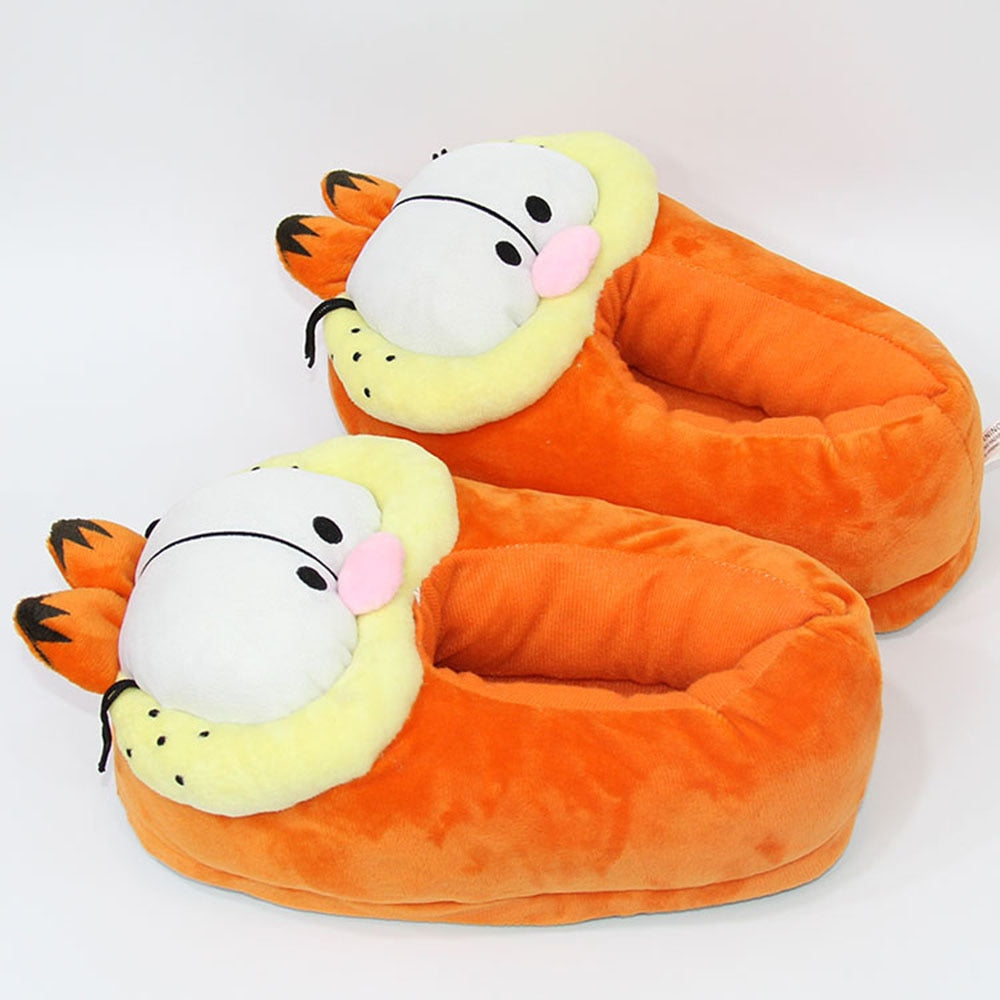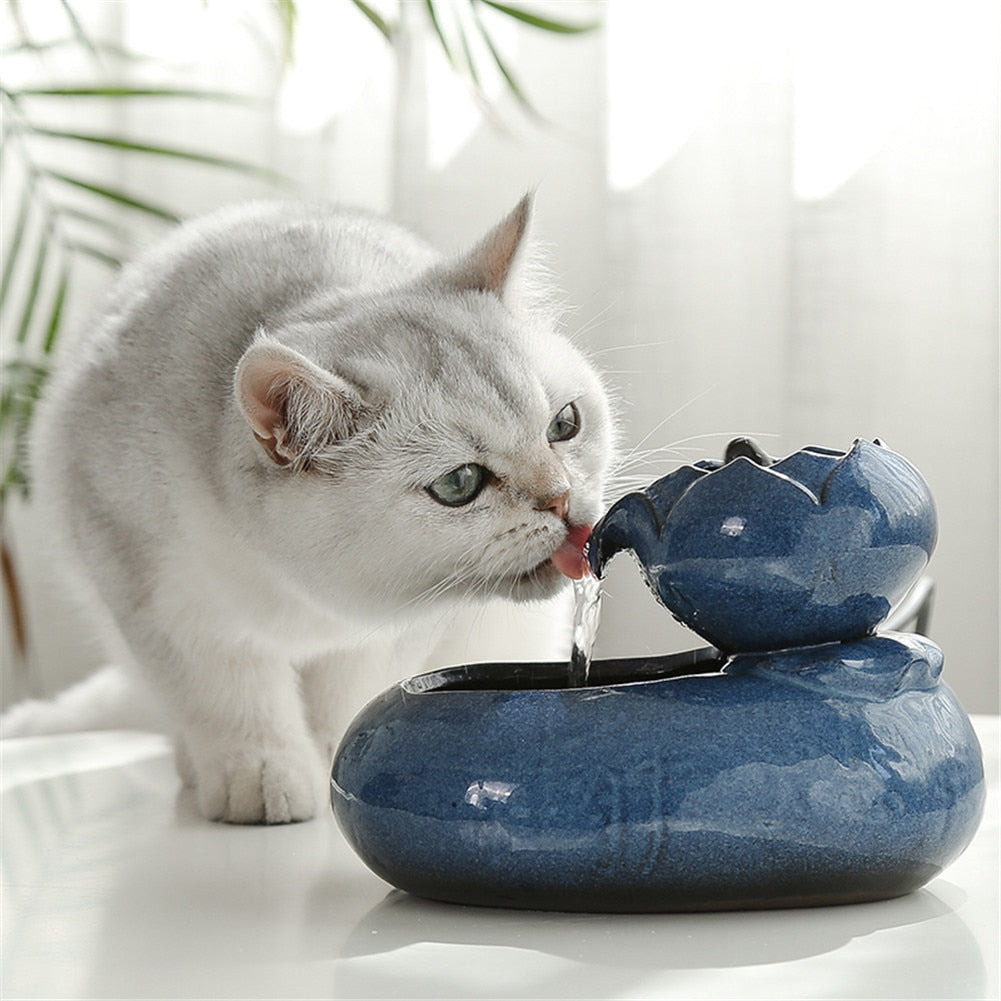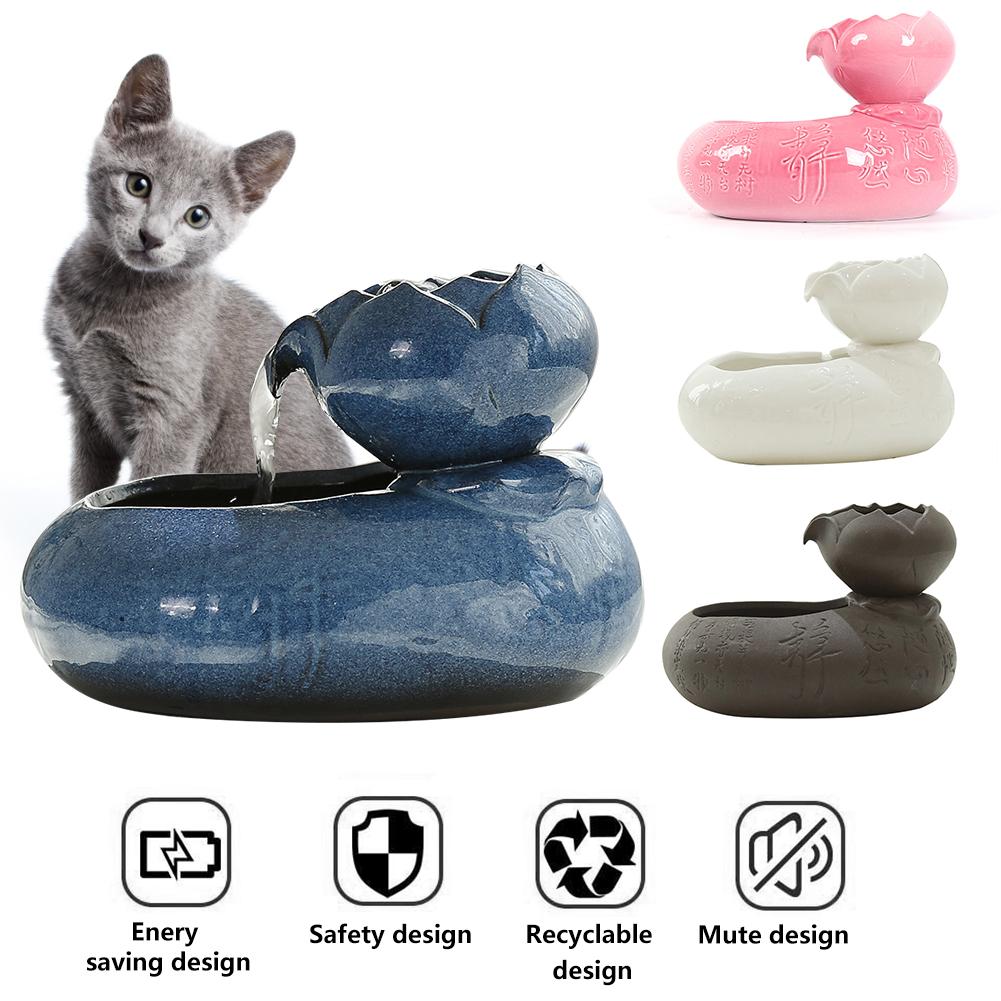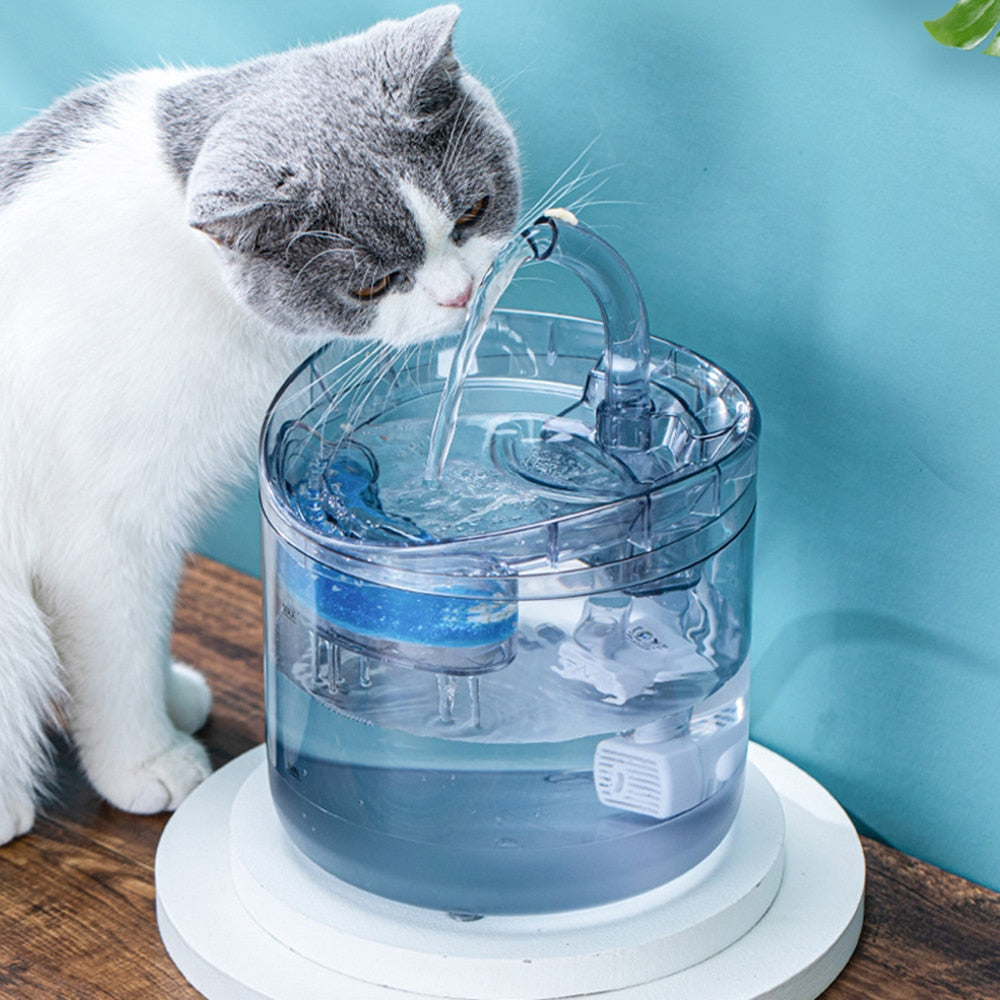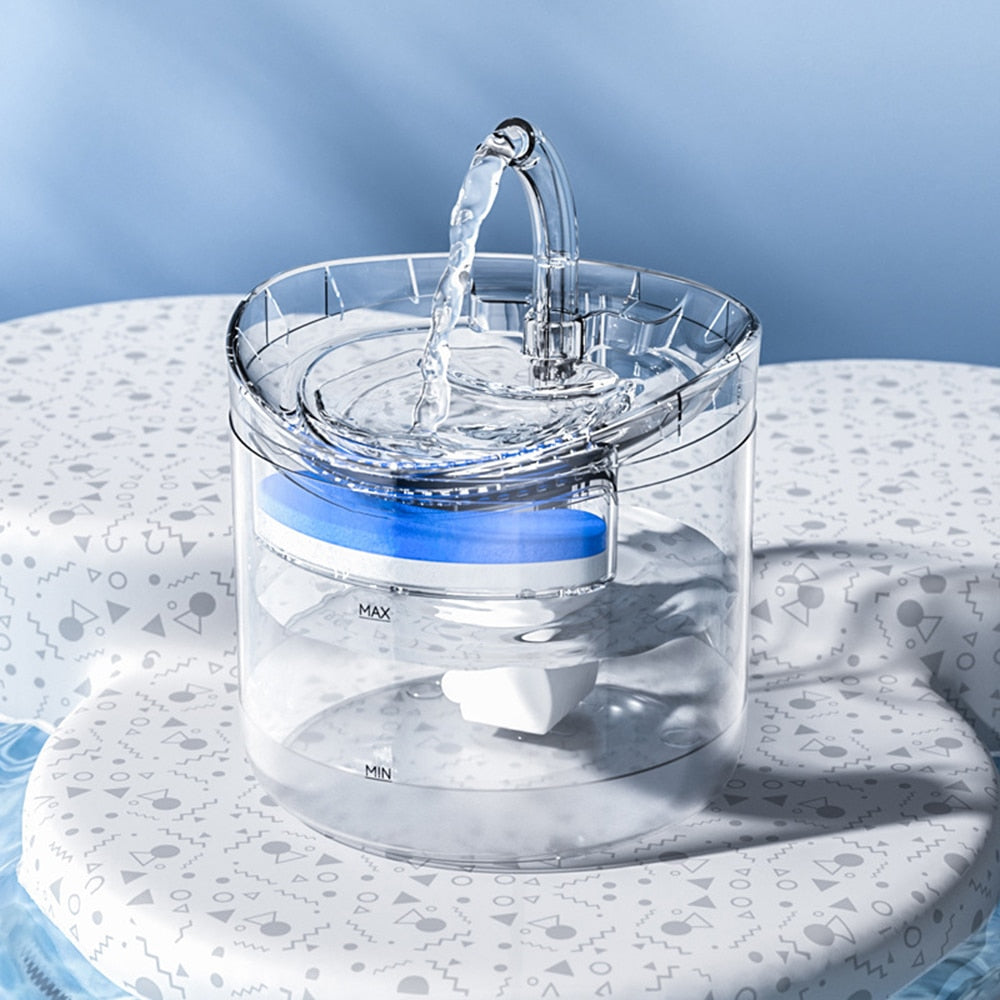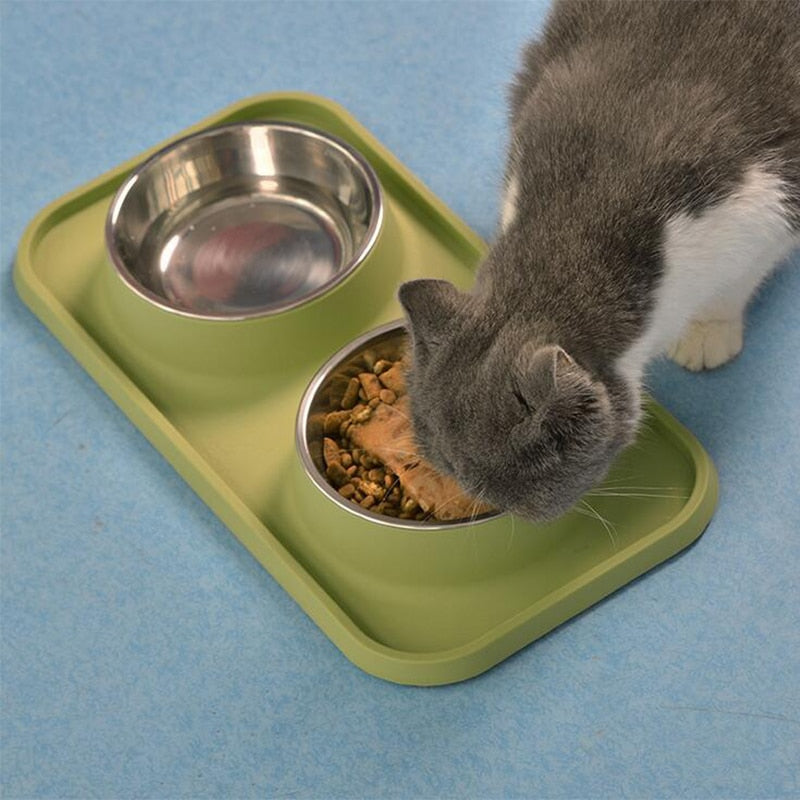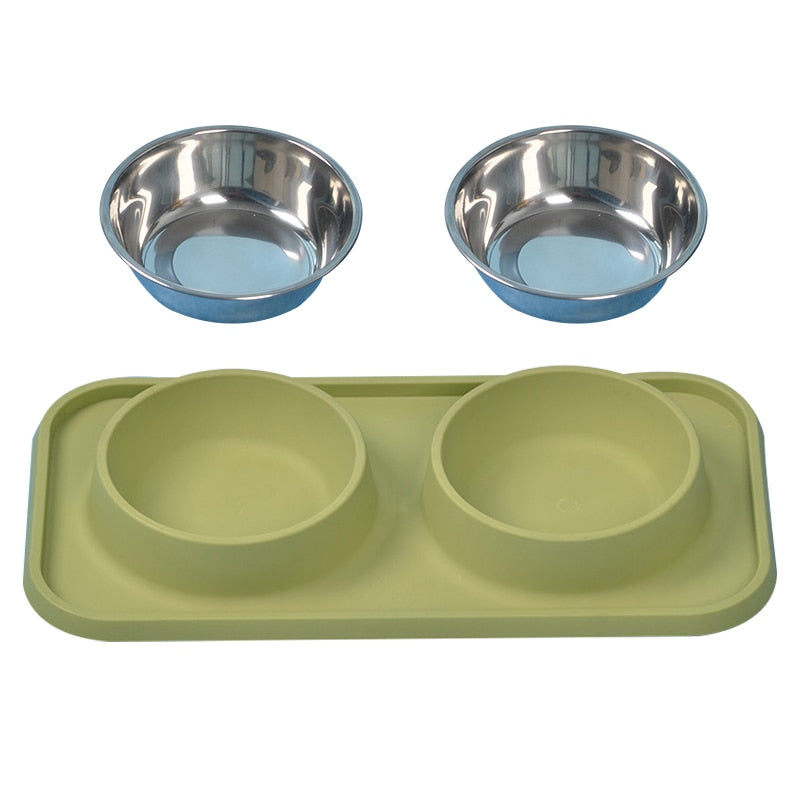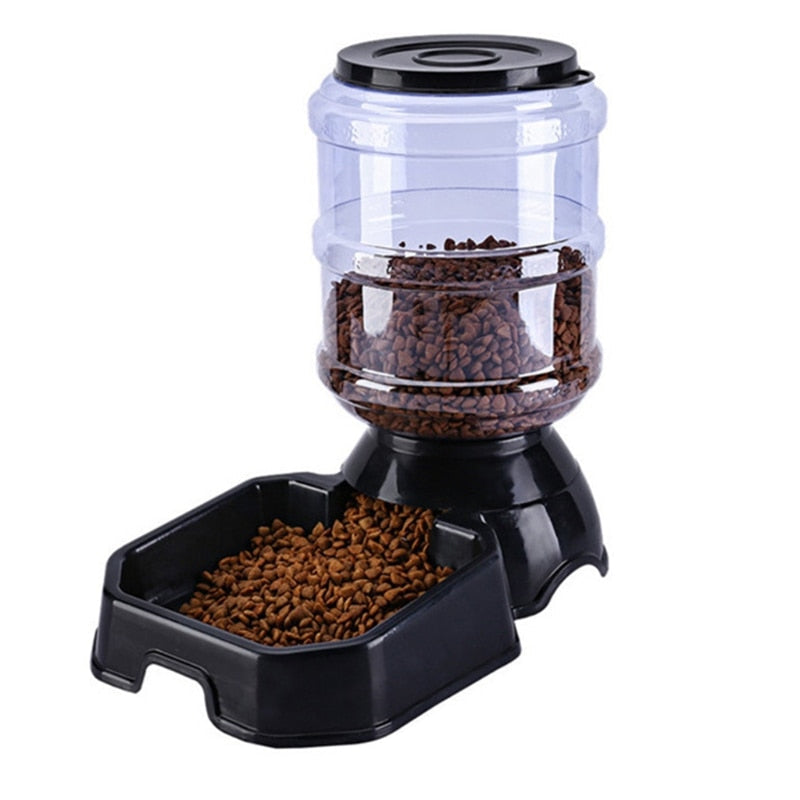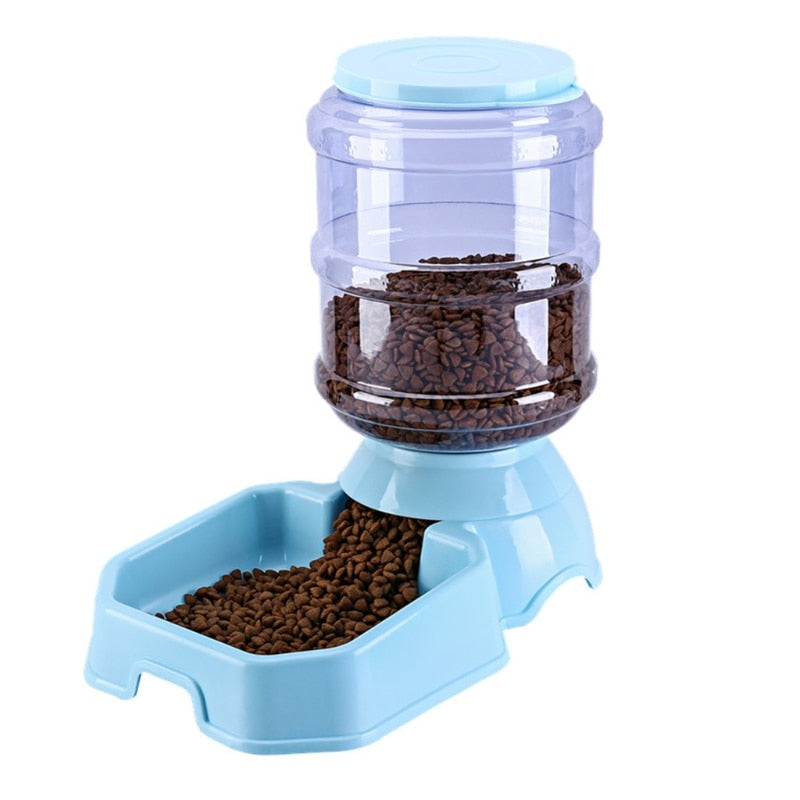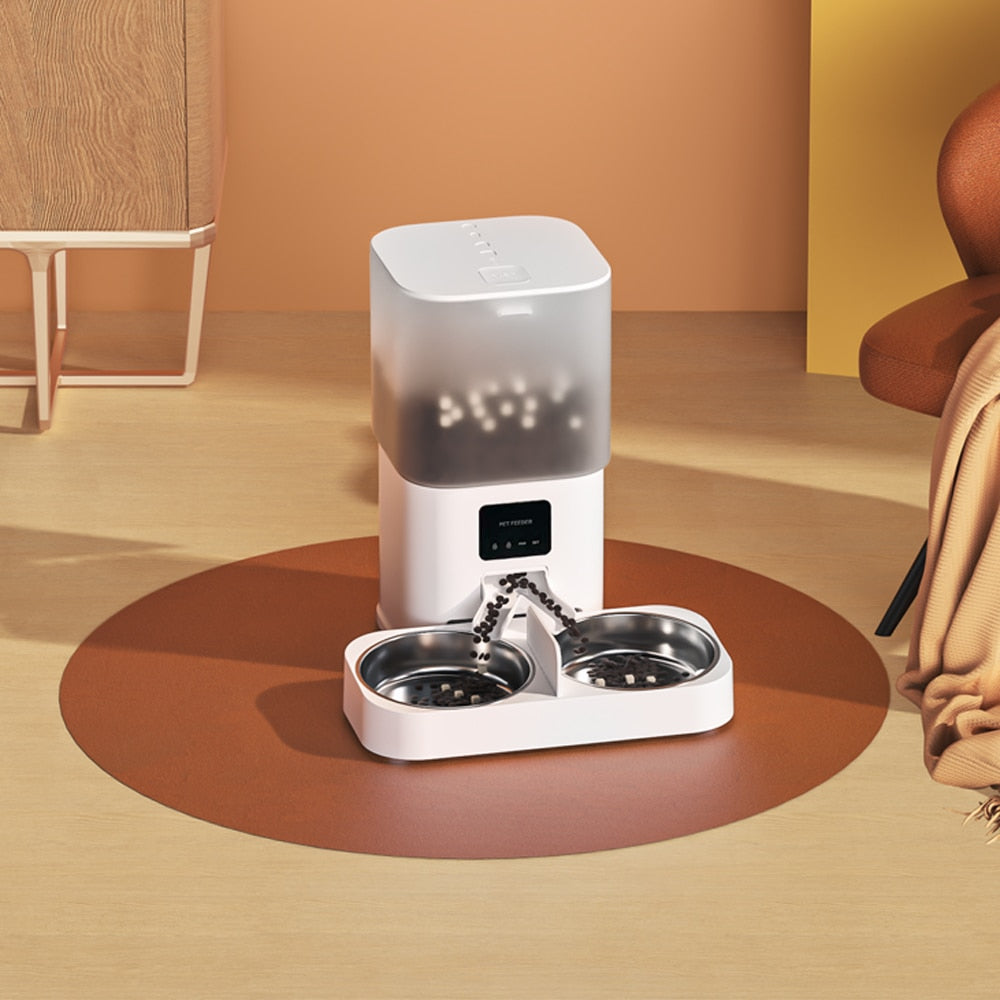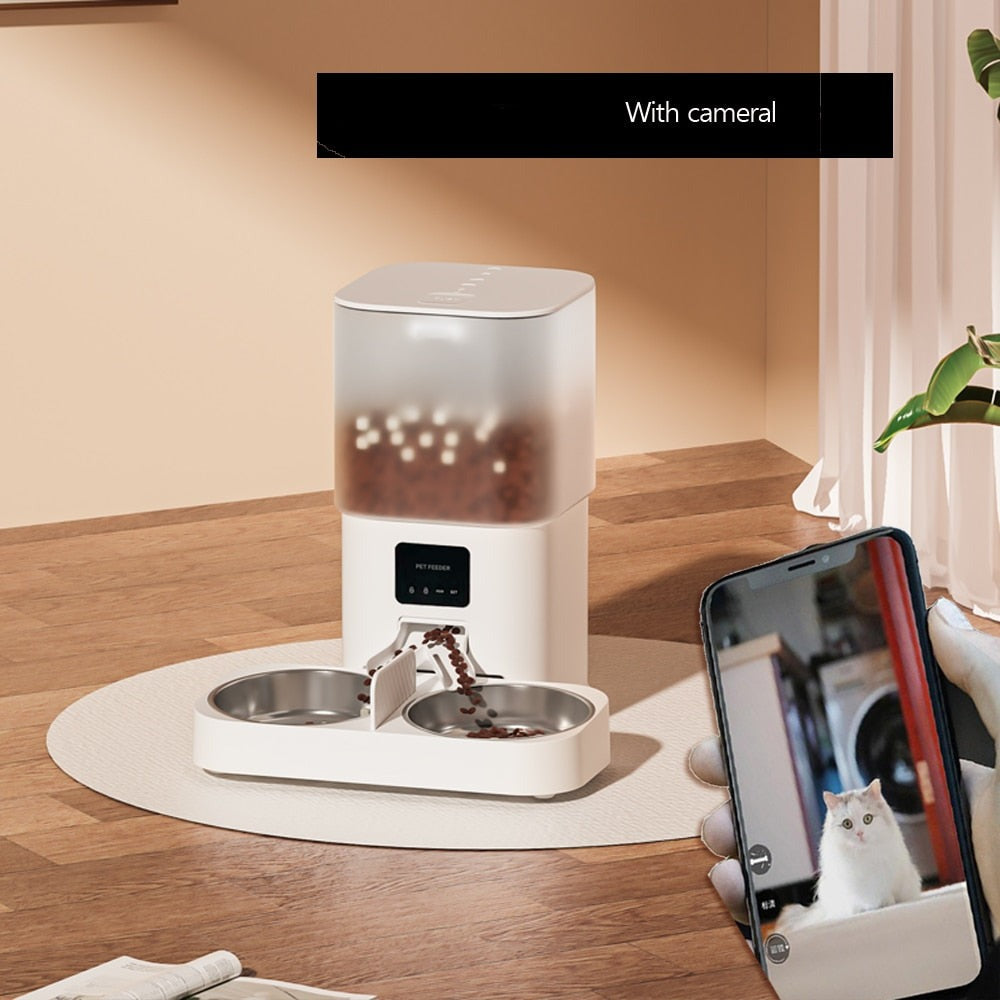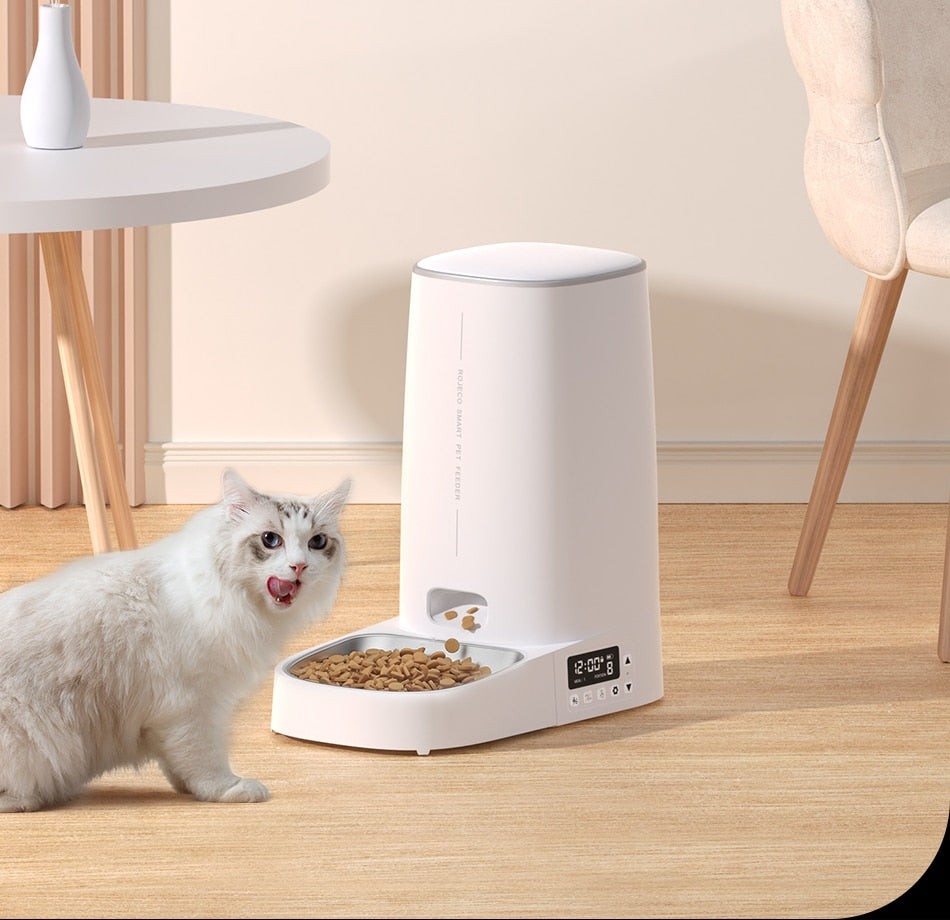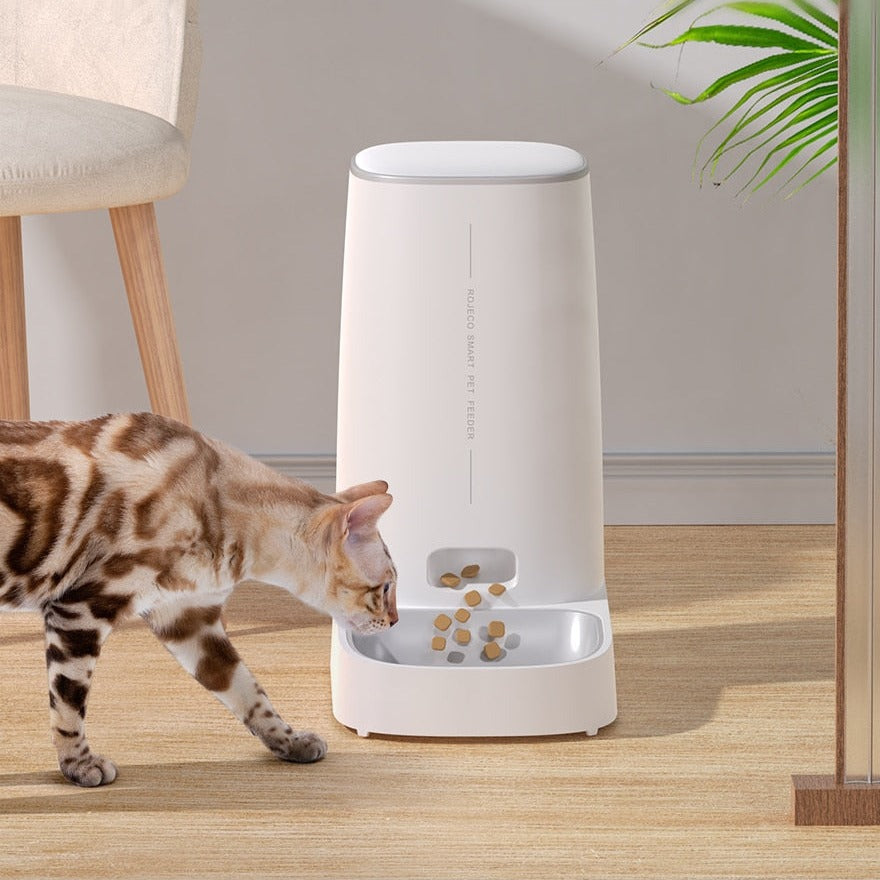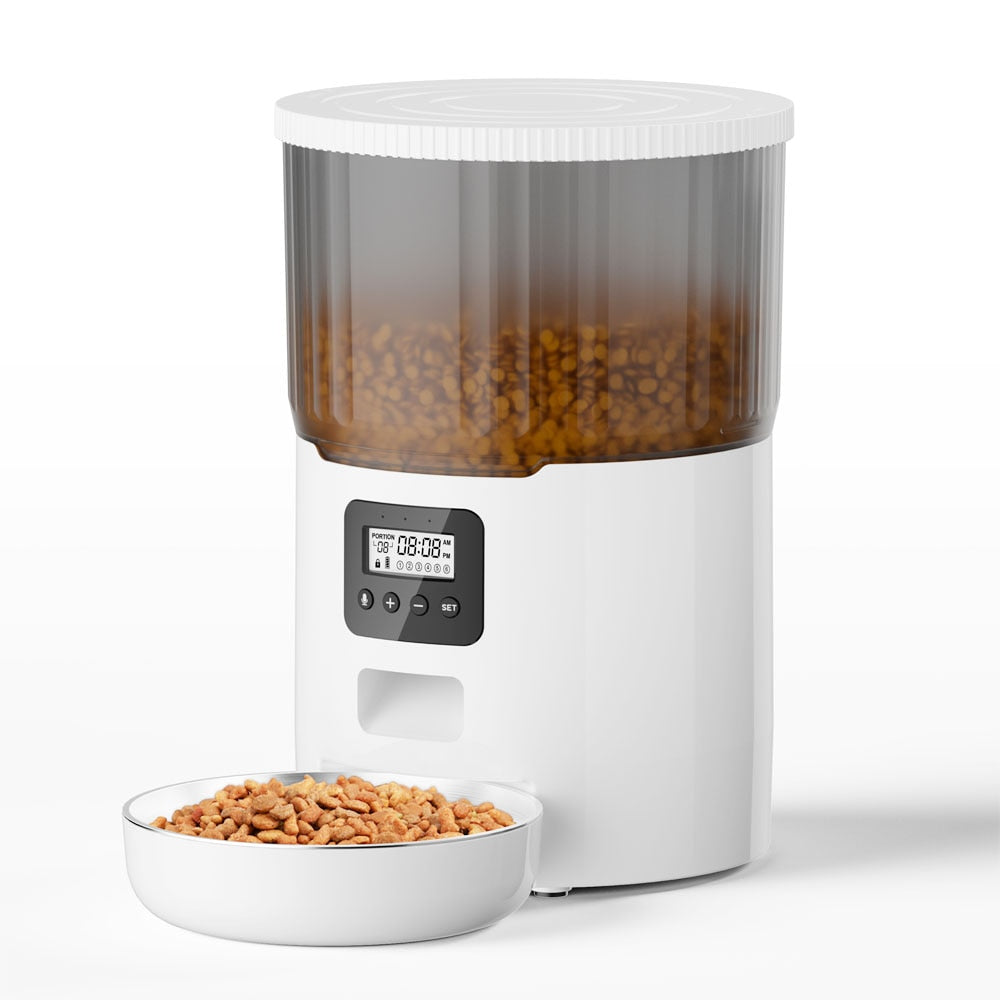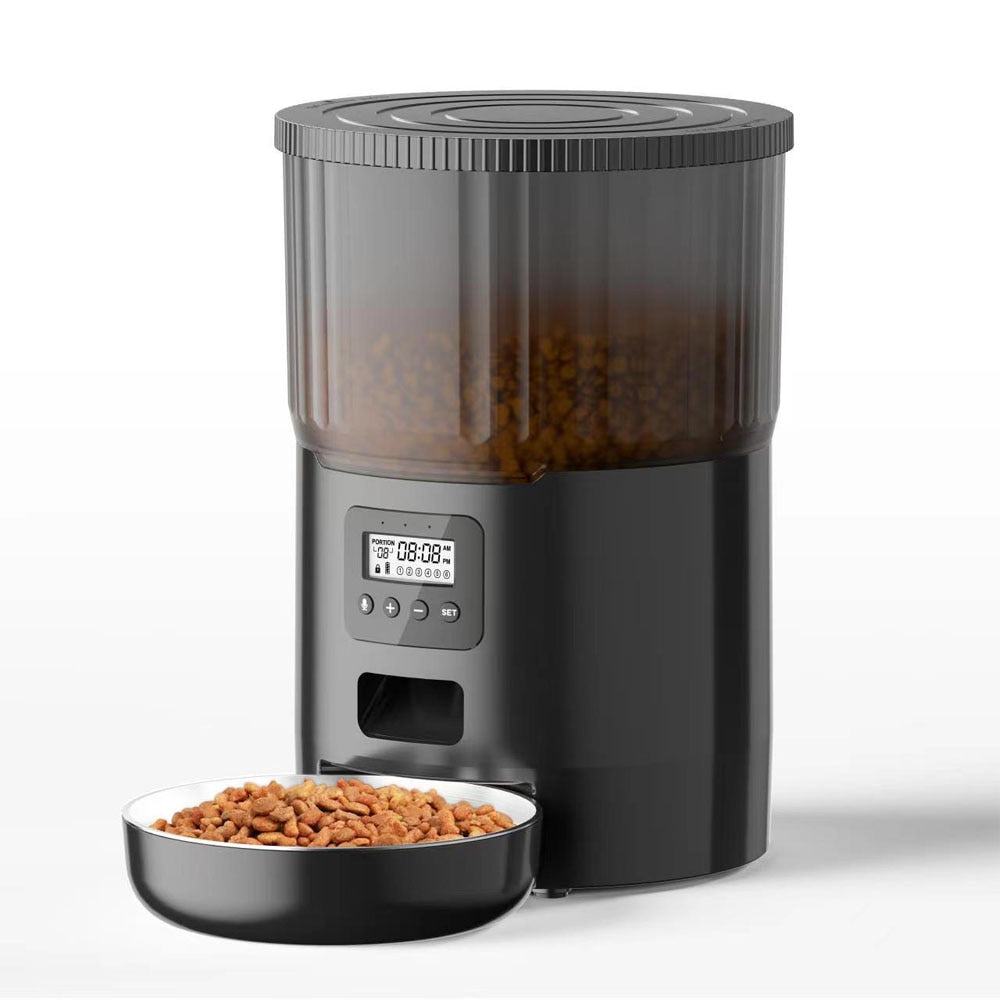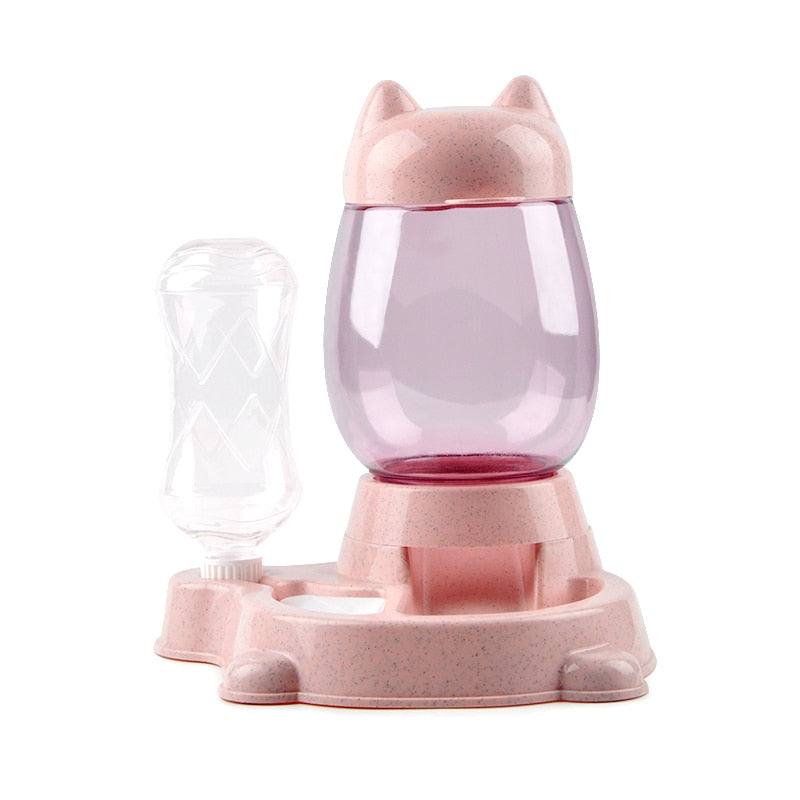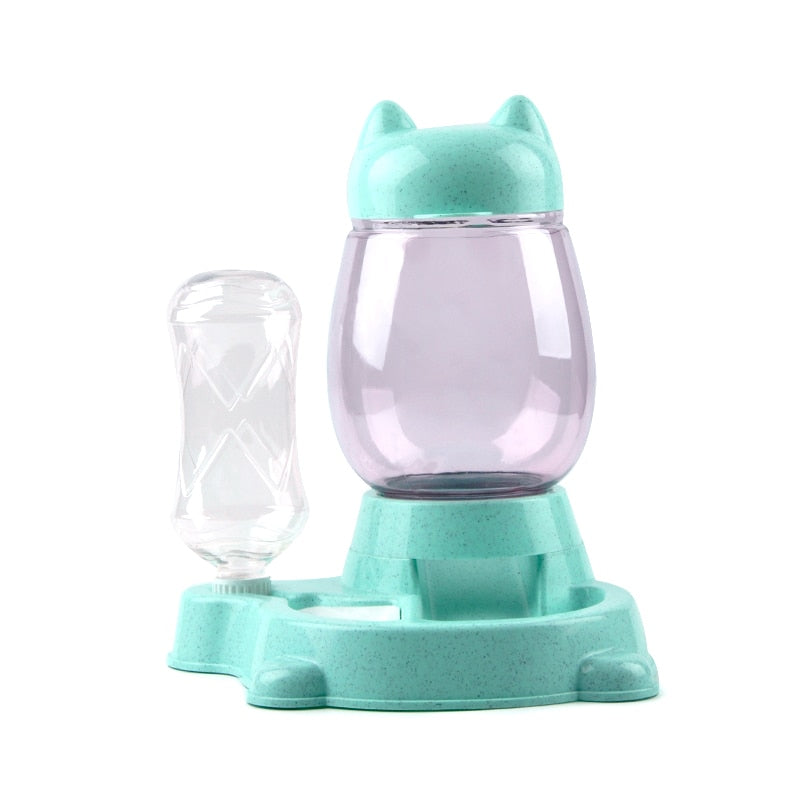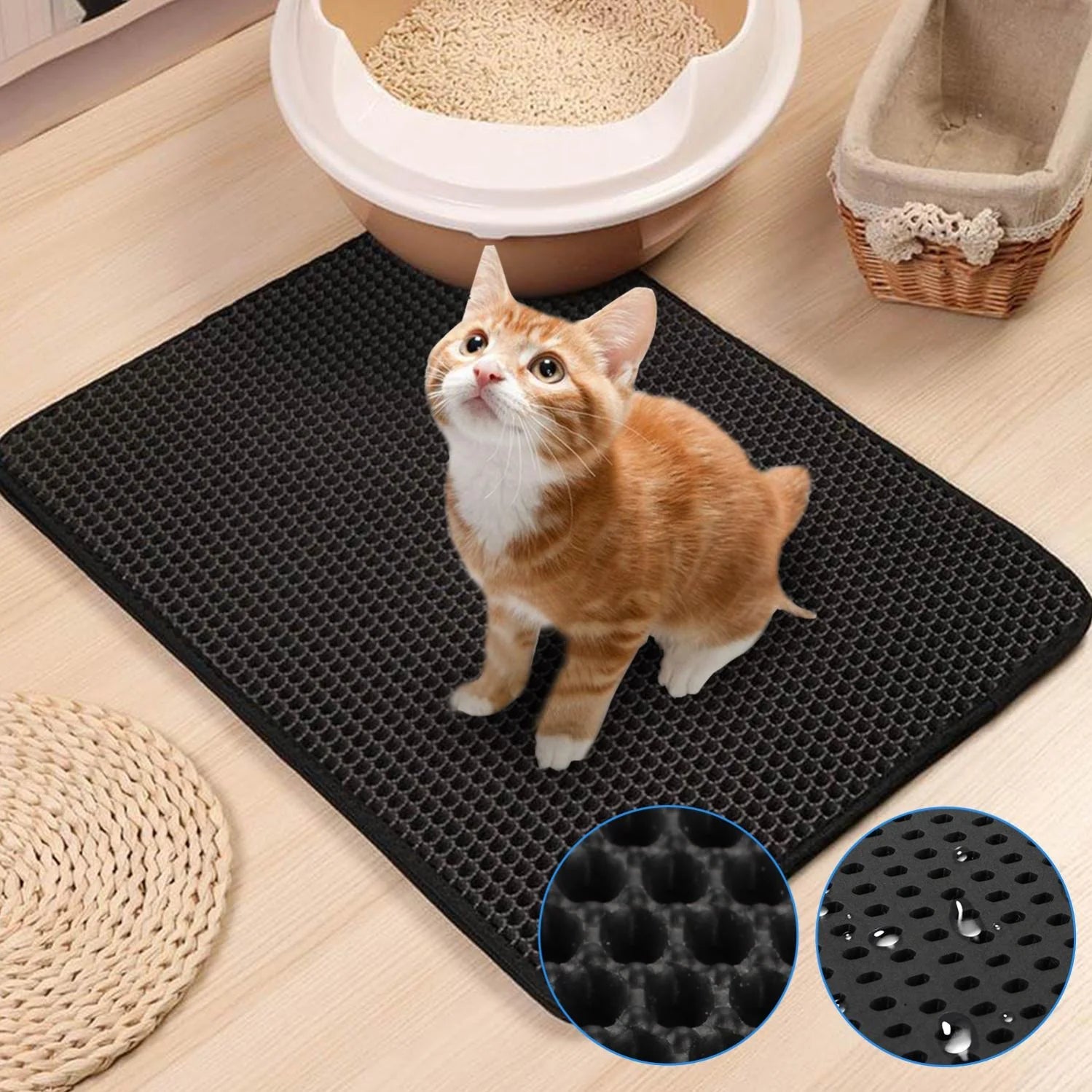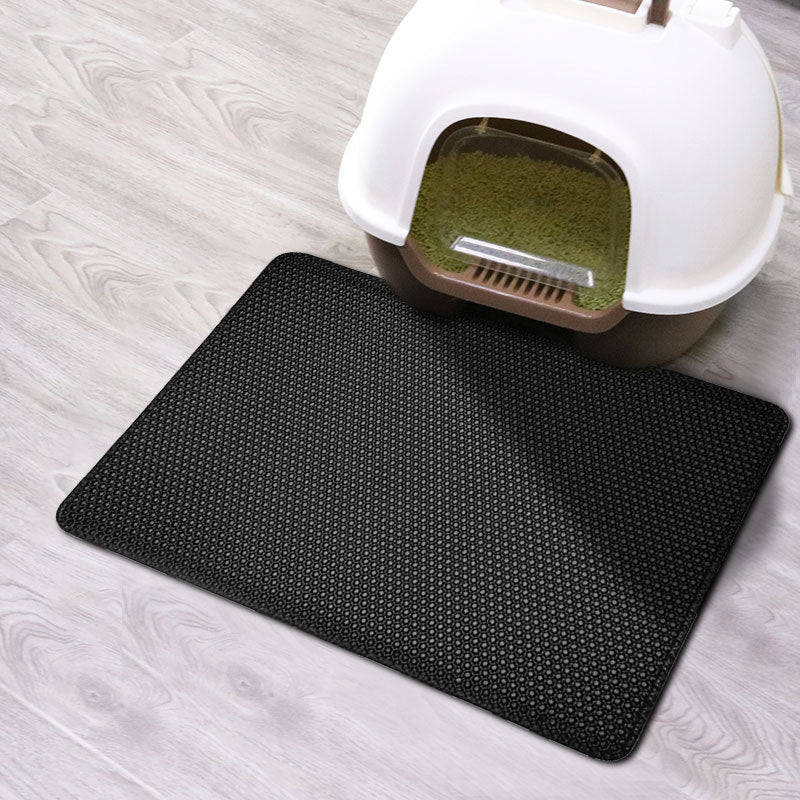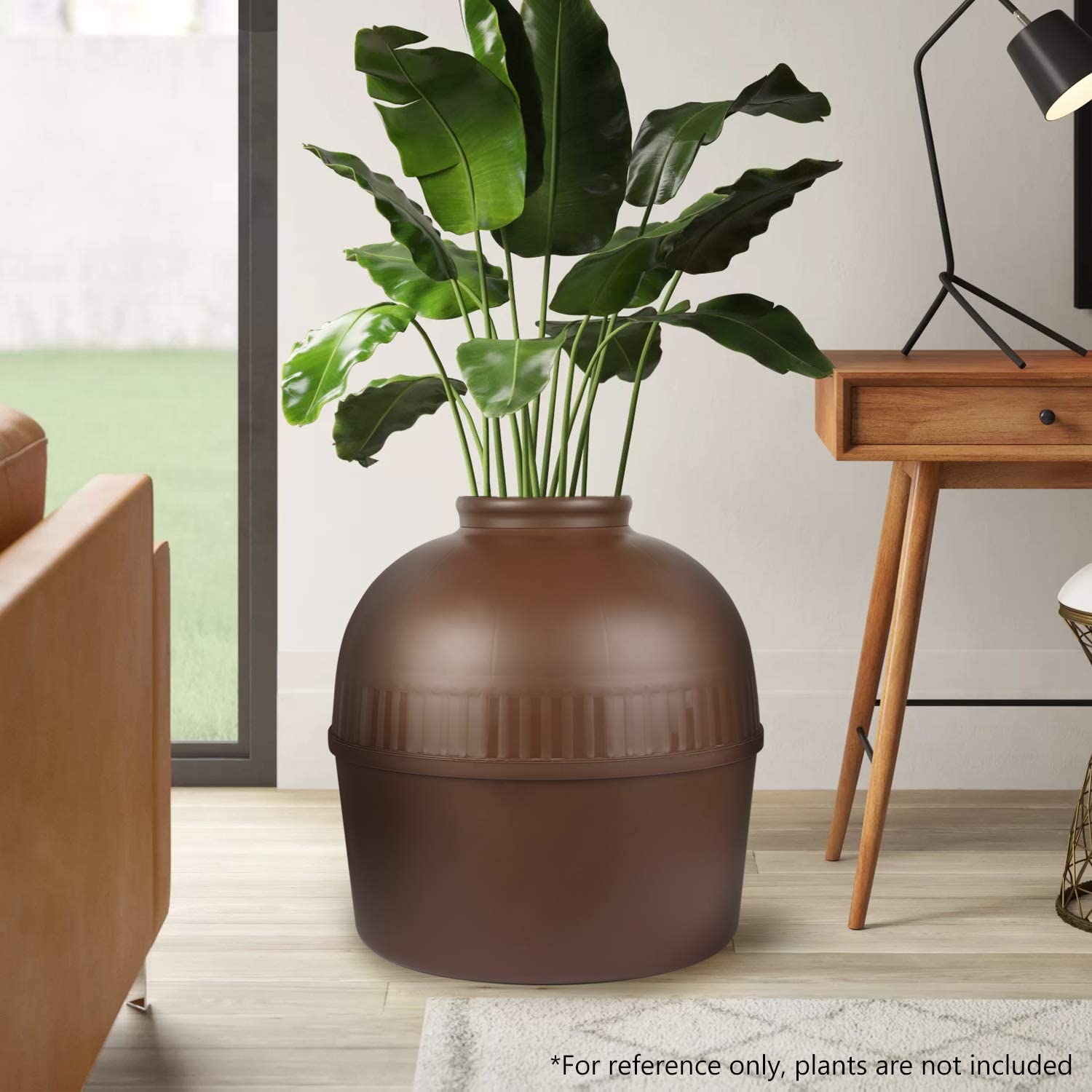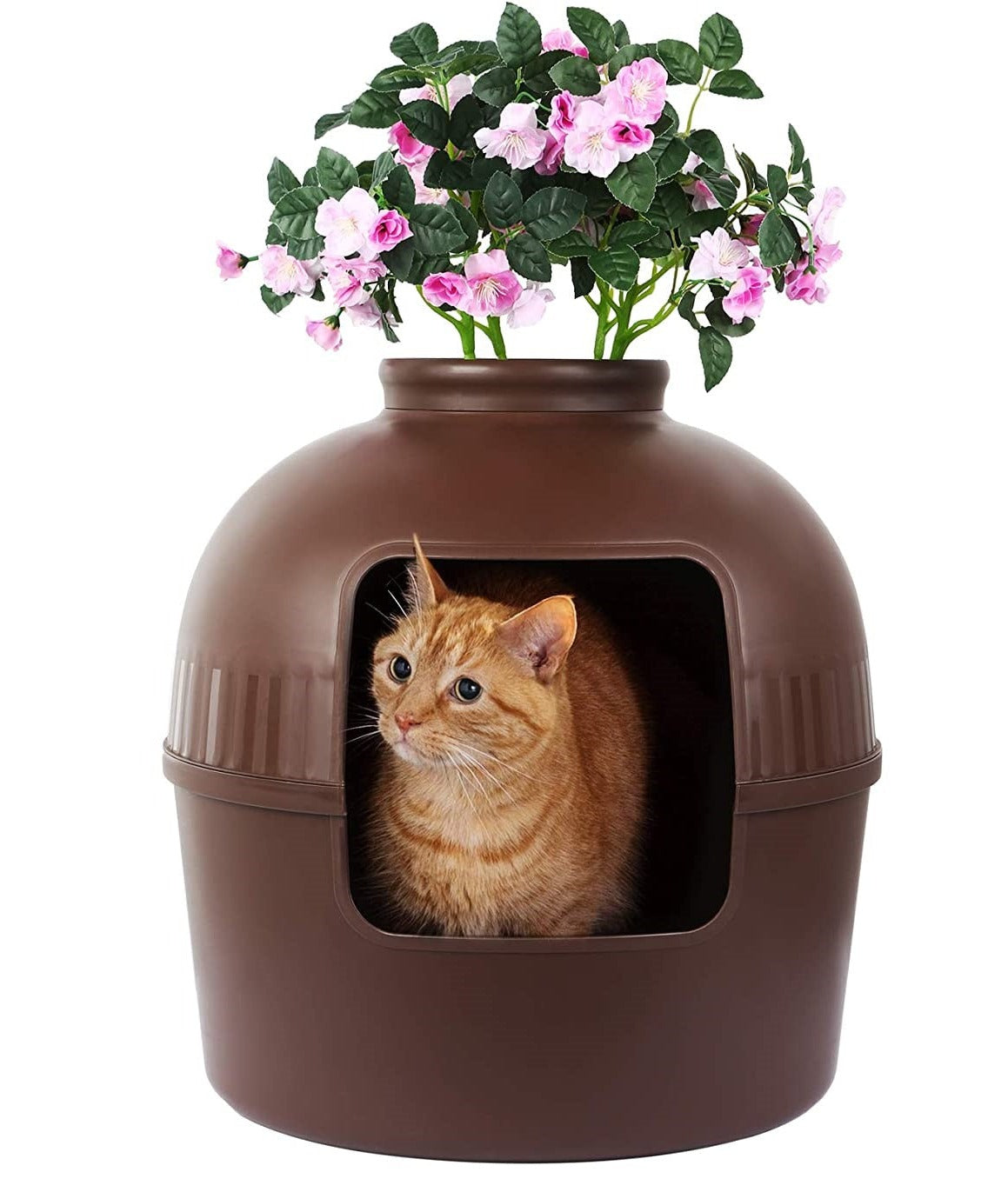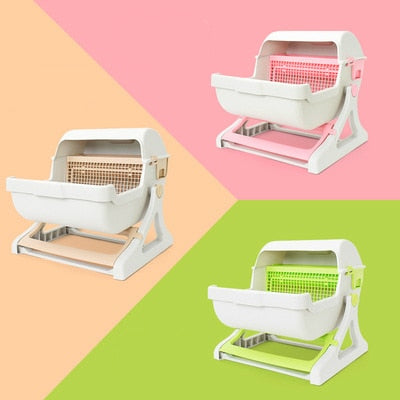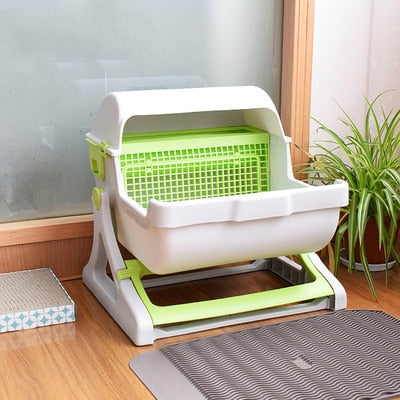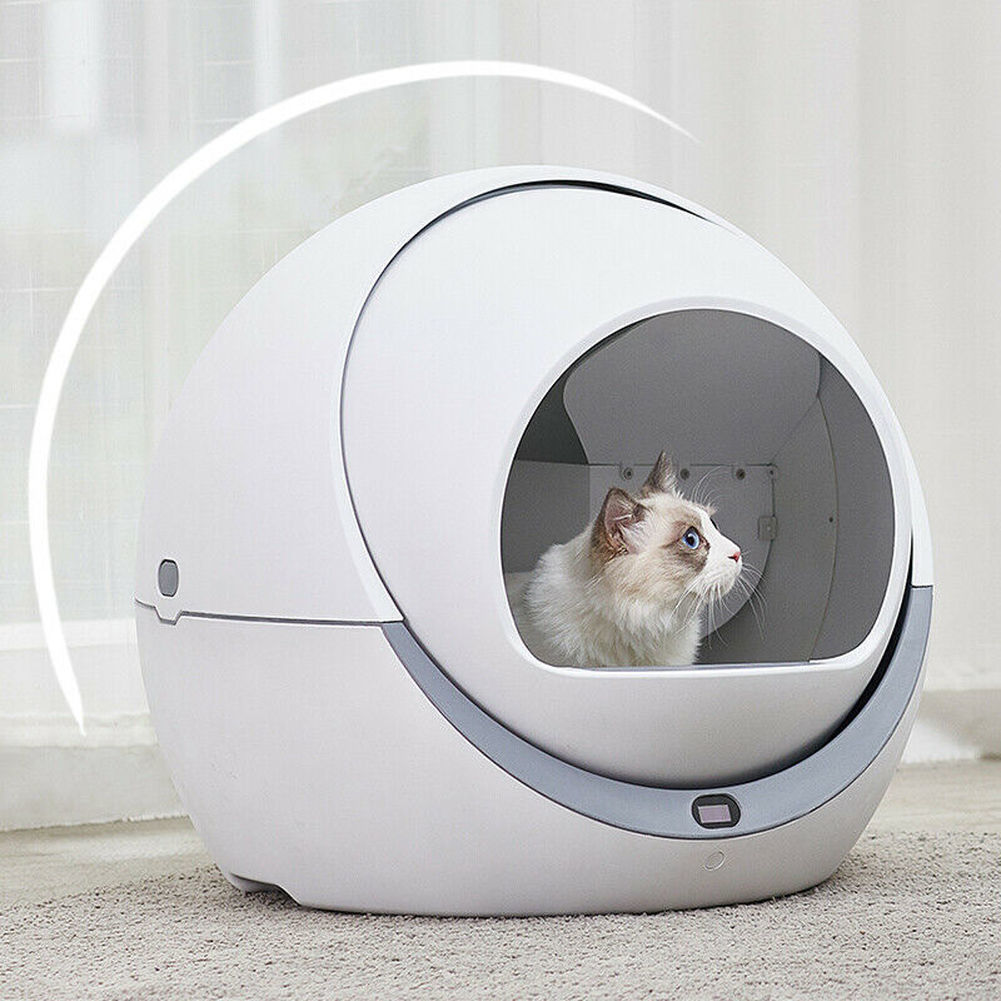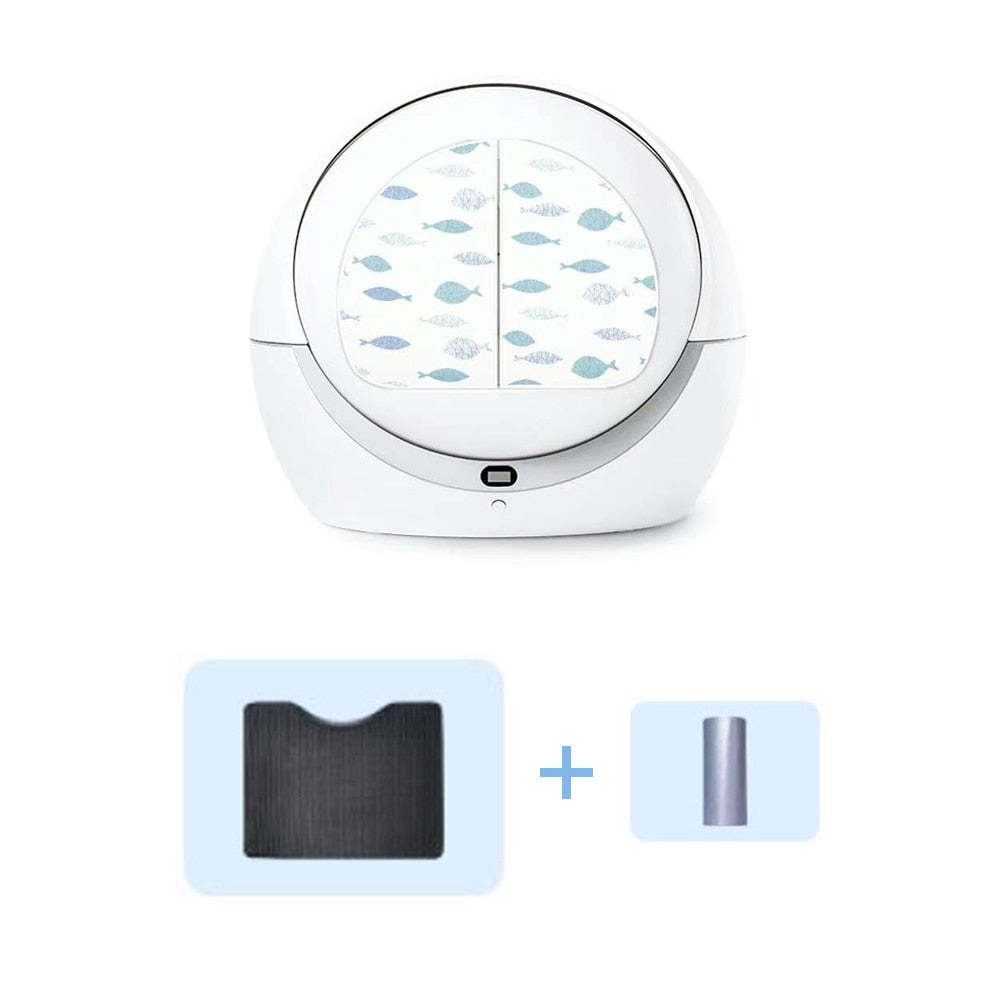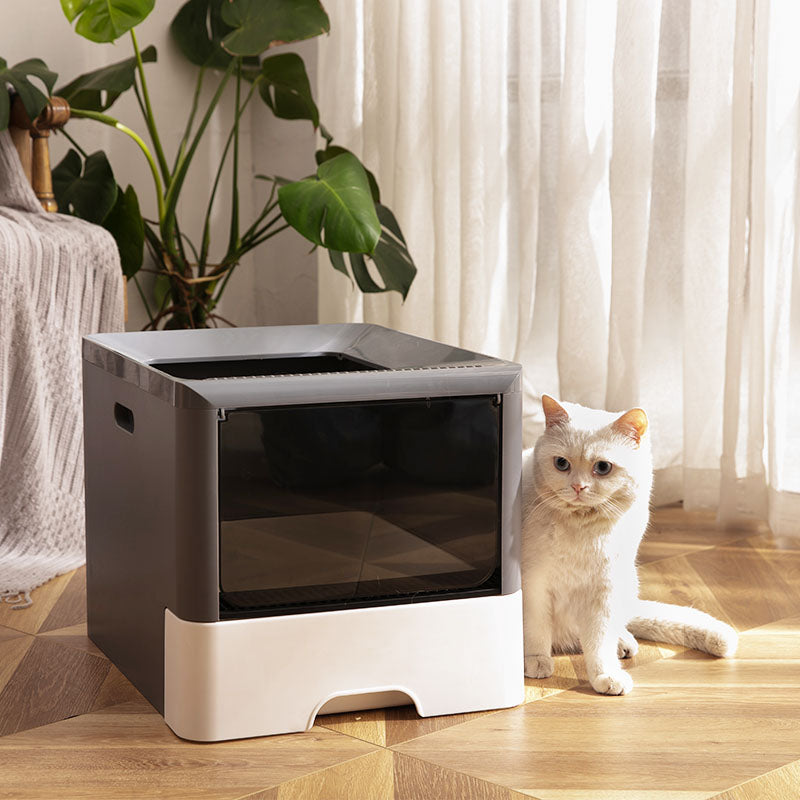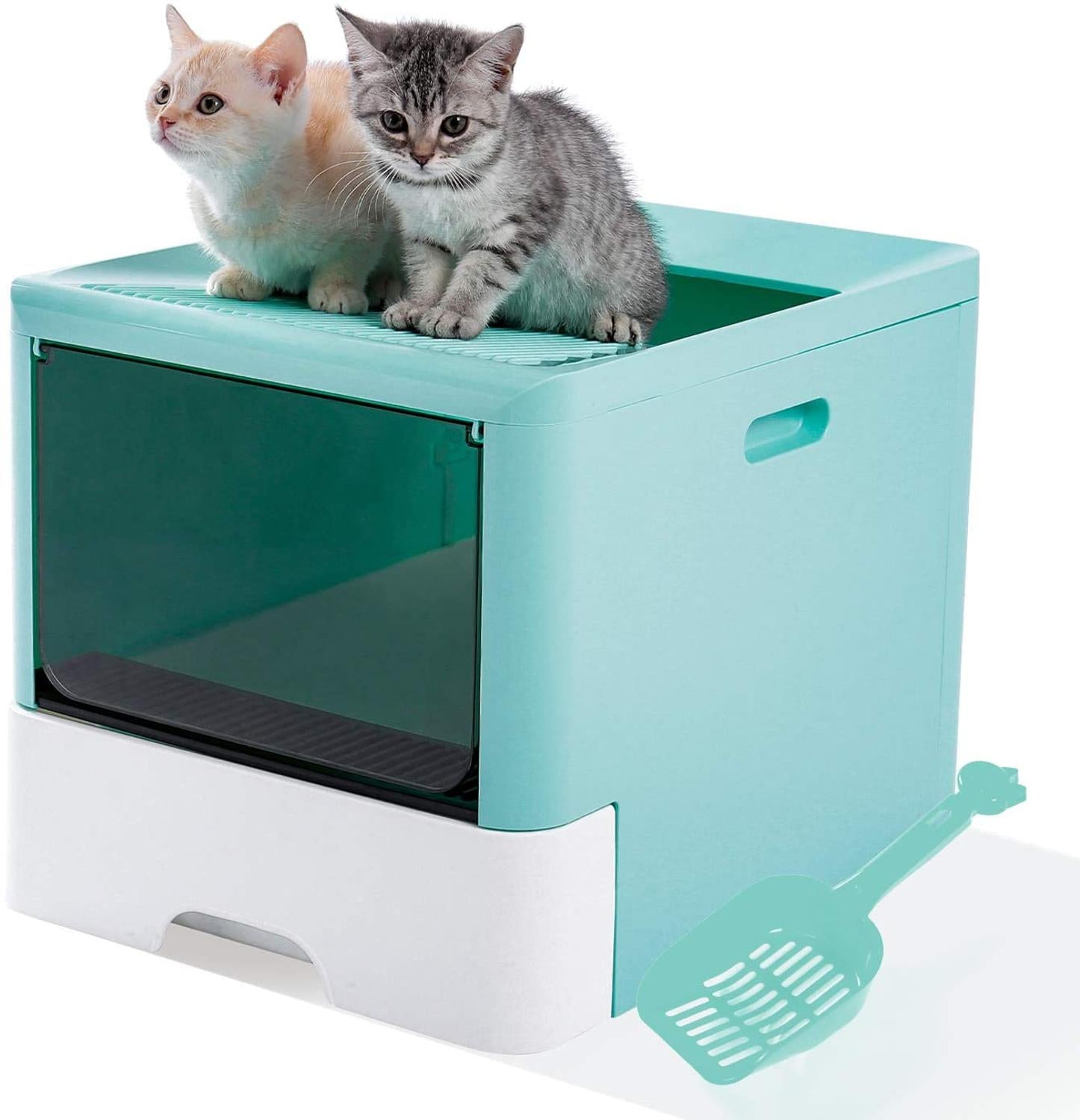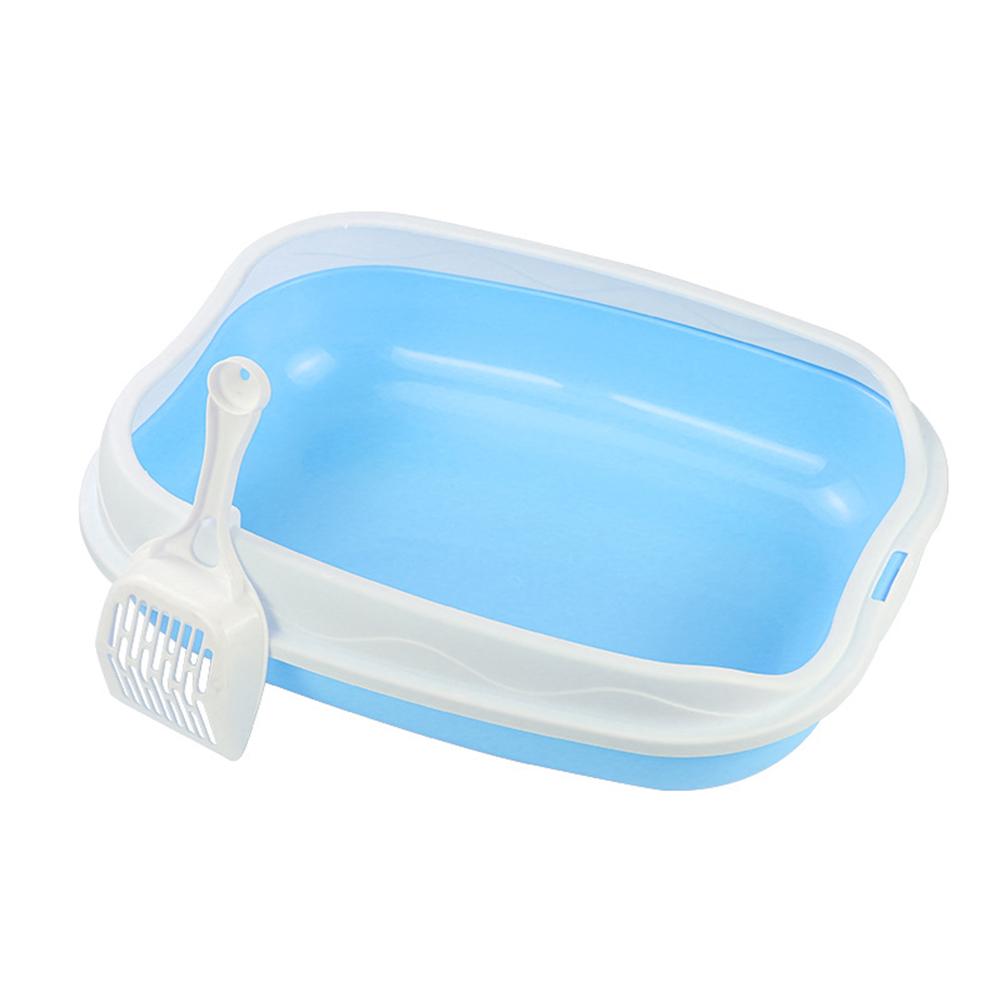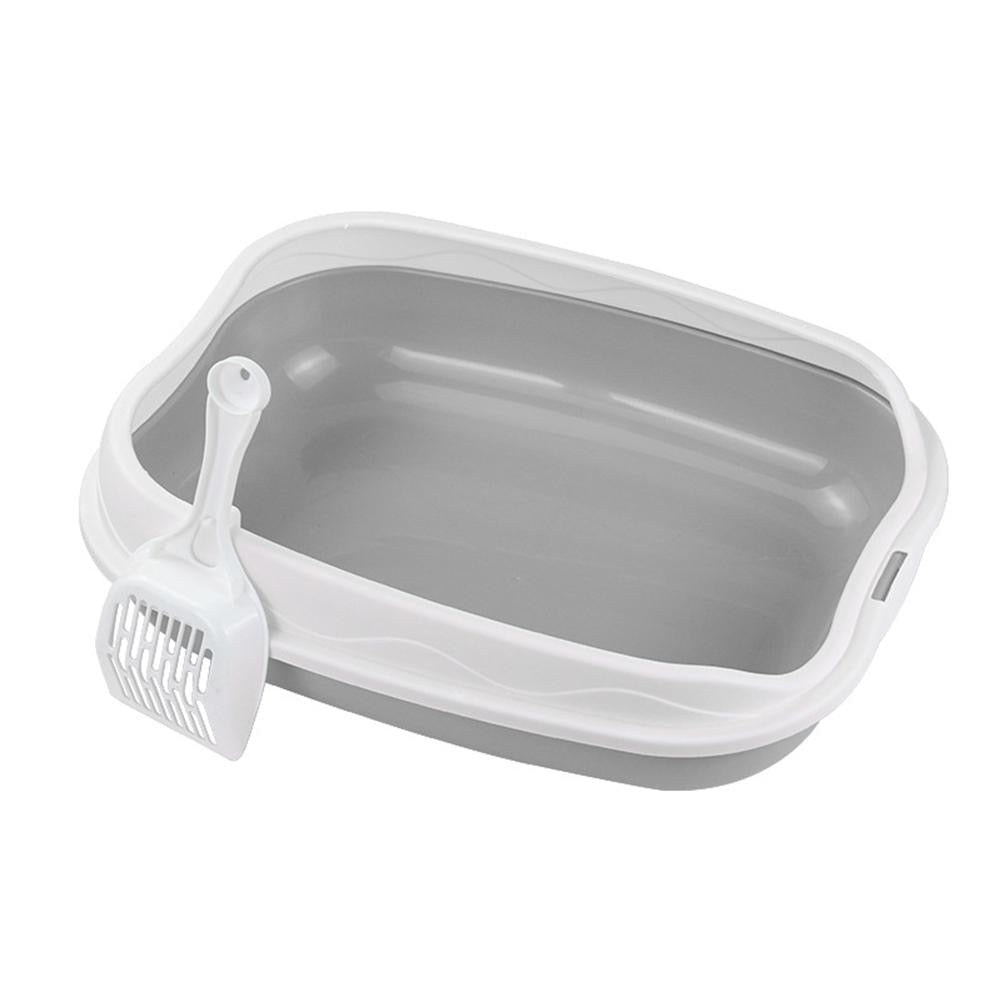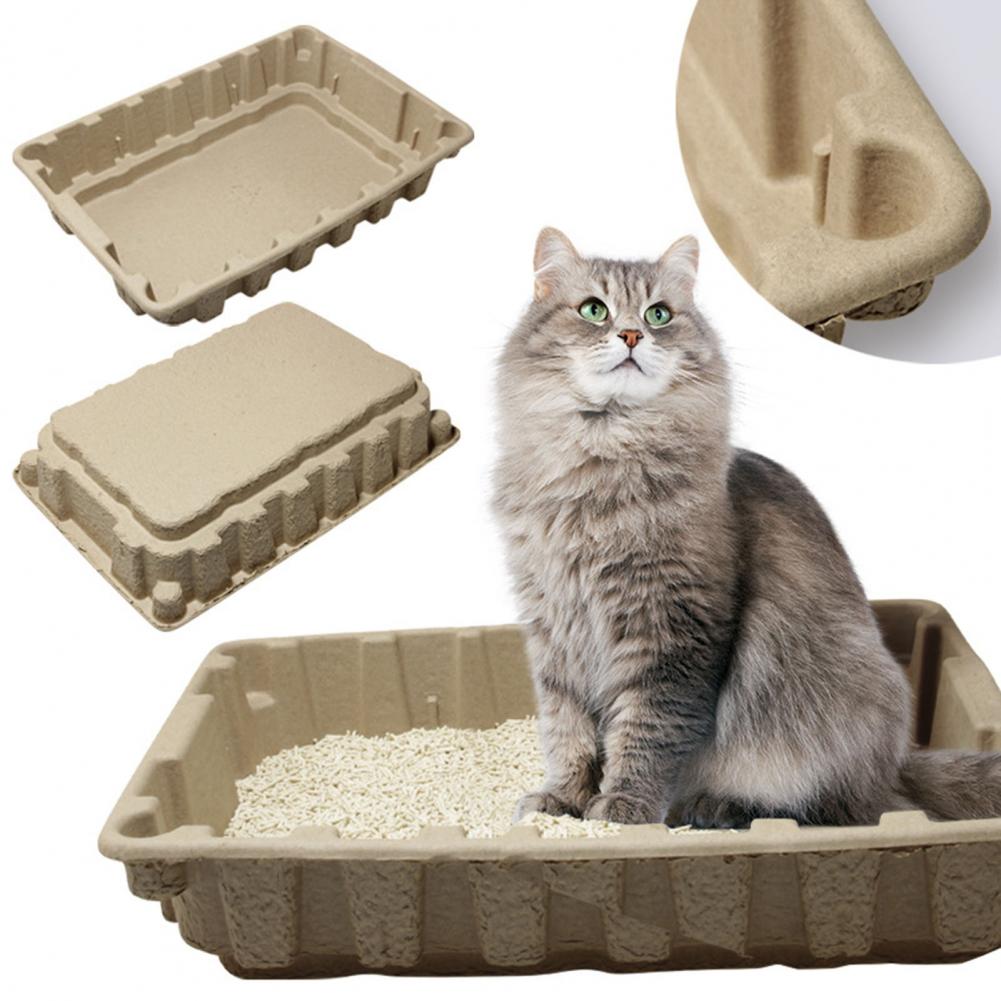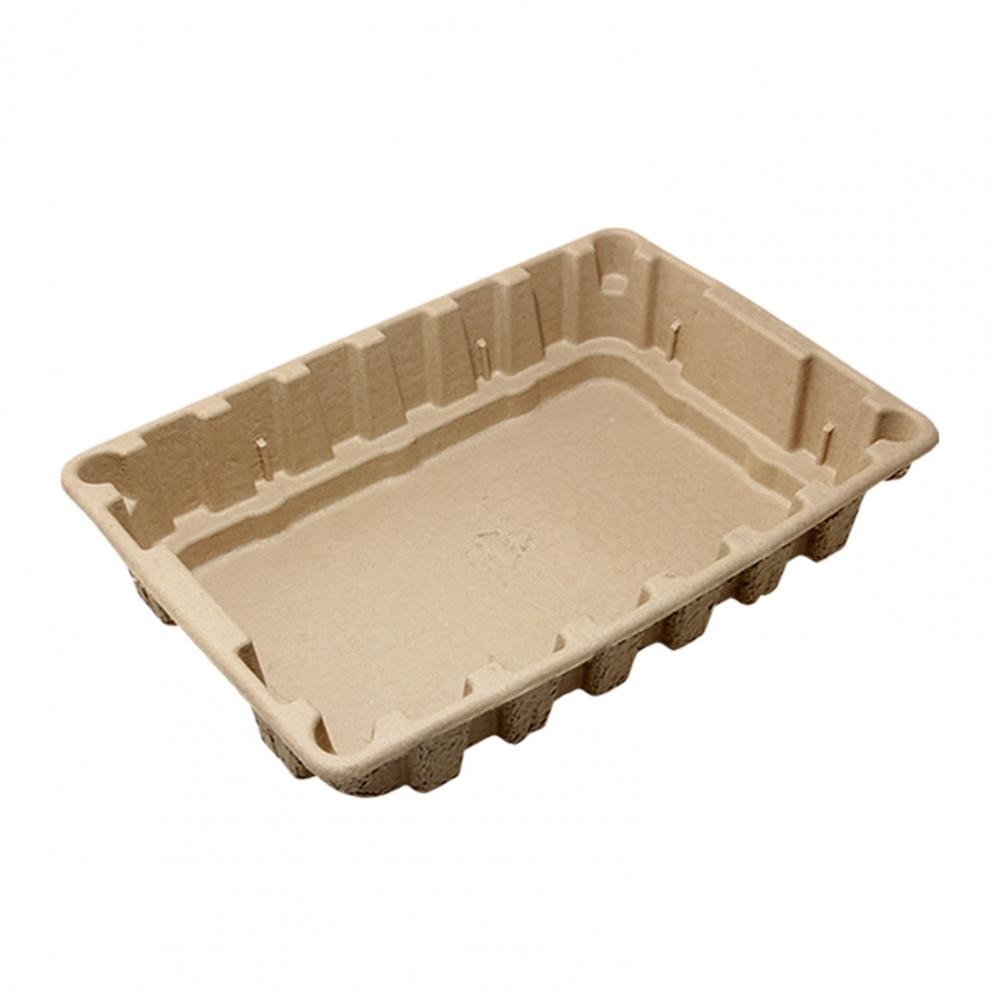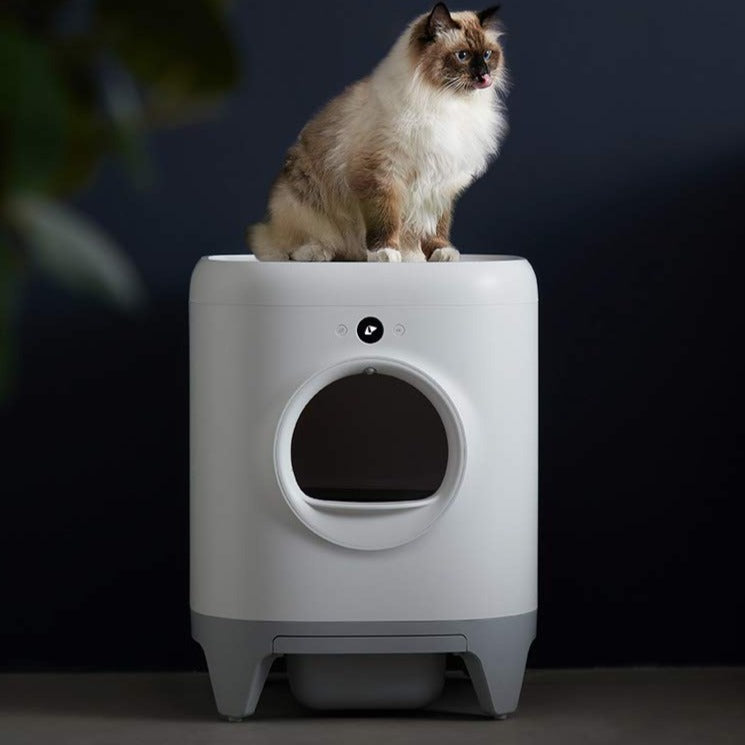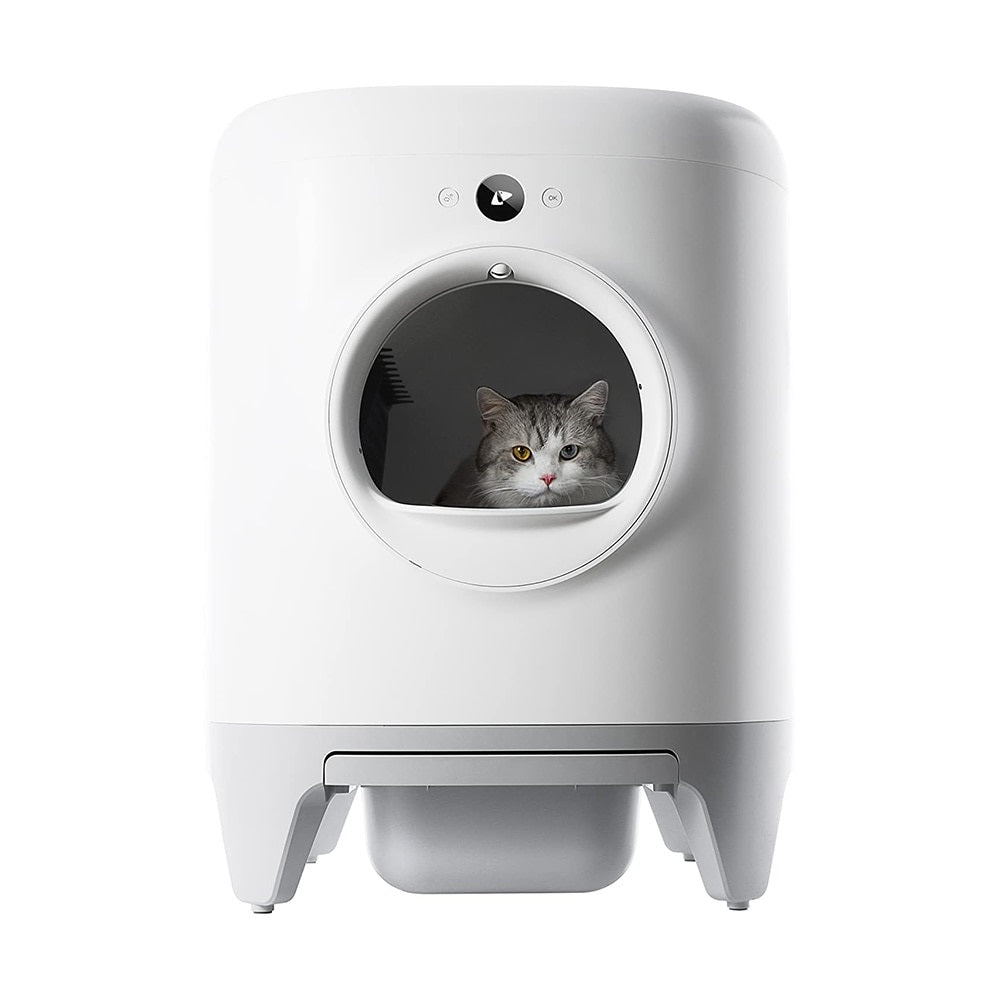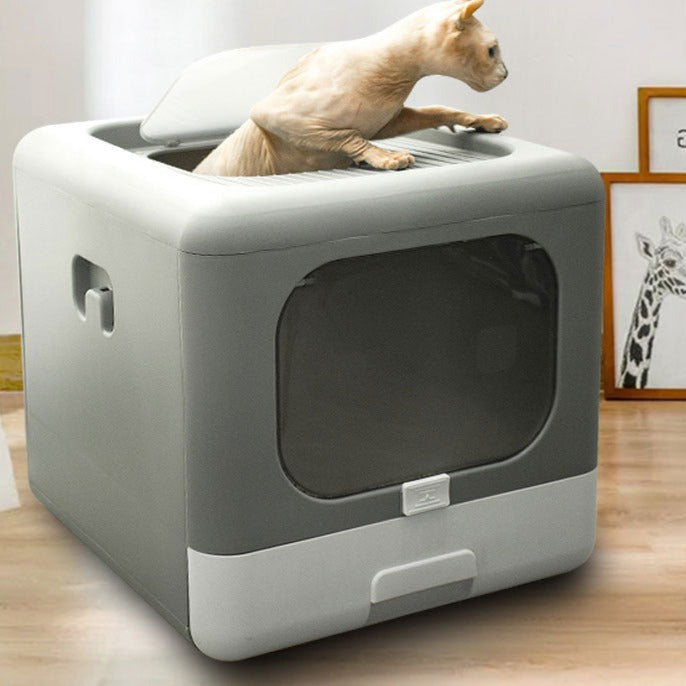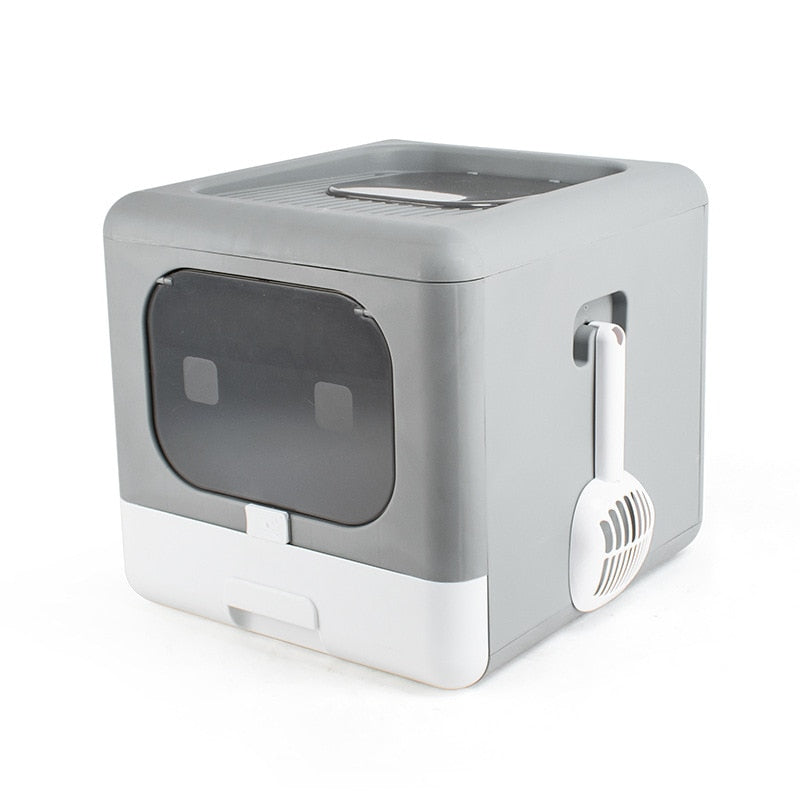Abyssinian Cat Breed: Facts and Personality Traits
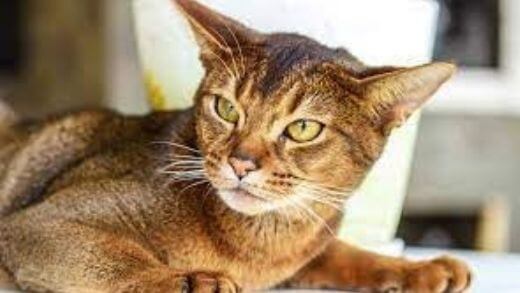
Abyssinian: Character, education, health, price - The right cat for you?

The Abyssinian is a small, slender-looking feline with short, ticked fur, famous for its playful temperament and rightly considered one of the most affectionate cats in the world. Despite its controversial origin, this breed of domestic feline is recognized by the majority of international feline associations and highly prized in the United States.
It is a sociable cat whose joie de vivre and fulfillment lie in the care and affection of an available master, who will ensure to offer him an environment ideally equipped with suitable accessories and entertainment-oriented, to meet their need for activity.
Who is the ideal cat for?
Note right away that the Abyssinian is a very sticky cat, in constant search of attention and tenderness, who can hardly stand loneliness. He therefore needs above all a careful and available master to take care of him and offer him all the affection he needs to flourish. Therefore, if you are a busy or absent person, this feline is not for you.
That said, once this essential criterion is met, you can already consider the Abyssinian as the ideal breed for you, because it adapts perfectly to any living environment, whether in a house, a apartment or in the countryside. You will just make sure to install enough accessories for him to meet his need for games and exercises.
In addition, since he is affectionate and sociable, he adapts easily to children and even needs one or more other animals to keep him company. As a result, the Abyssinian will suit you as well whether you live with your family or not. However, this cat has a tendency to meow, which can be a bit annoying if you need permanent calm.
Origin and history of the Abyssinian
The Abyssinian is one of the oldest natural cat breeds in the world, but its origin remains quite controversial. Indeed, some believe that this little feline is originally from East Asia. However, it seems more likely that it comes from Africa, especially ancient Egypt where traces of its existence have been found through representations on tombs.
The first specimen was brought to Europe by Sir Robert Napier on his return from a trip to Abyssinia, present-day Ethiopia. It was then presented at the Crystal Palace Cat Show in 1871 in London. The breed was recognized in 1882 in the United Kingdom. Exported to the United States in 1909, today it is the5th most popular cat breed in North America and among the top 10 of favorite cats in the USA.
Photos of the Abyssinian
" ‹ Of 7› »
Physical characteristics of the Abyssinian
The Abyssinian has a broad head in the shape of a soft triangle, carried by a rather long neck with slight curves at the level of the forehead, nose and muzzle. He has large, bright and expressive almond shaped eyes. They have the particularity of being green, hazelnut or yellow, with black eyelids making them more intense. Its large ears are broad at the base, pointed at the ends, tilted slightly forward and covered with hair.
In addition, the Abyssinian has an average build with a foreign type silhouette. He indeed has a slender, supple and proportioned body which gives him a graceful appearance. The fairly developed musculature and bones are felt to the touch. Obviously, the males seem more imposing than the females. This breed of cat has long, slender, and muscular paws, as well as small, oval feet. As for its tail, it is long, thick at the base and tapers towards the end.
Finally, the Abyssinian has short, dense, shiny fur lying on the body. Slightly more provided at the level of the backbone, it seems elastic to the touch. But the greatest peculiarity of this cat is its Ticking or ticked tabby coat all over its body, with the exception, however, of the hair on the belly, the inside of the paws, the chest and the neck which retain the coloring. basic. The dress admits 28 different colors, the most popular of which are blue, hare, sorrel, fawn and red among others.
Behavior of the Abyssinian
Abyssinian is above all a very affectionate cat. Very attached to his master, he adores above all caresses and cuddles. Moreover, he will tend to rub against you so that you take him in your arms or on your knees. The other characteristic trait of the Abyssinian is naturally his lively, hyperactive and playful side.
A fine hunter, he is full of energy, constantly moving and excels in jumps. You will enjoy accompanying him in his games to strengthen your ties with him. For his well-being, be careful not to abandon him to solitude for a long time.
Due to his great sociability, the Abyssinian is not against the company of one or more other animals in the house, with the exception of birds for which he has no mercy. Finally, he agrees rather well with the presence of children, who are real play partners for him.
Health and care for the Abyssinian
The health of the Abyssinian is weakened by a number of genetic diseases specific to his breed. These include cat amyloidosis, a condition that usually starts after the age of 5 and leads to irreversible and fatal kidney failure. The Abyssinian is also predisposed to retinal atrophy, causing progressive loss of sight. Finally, this cat may suffer from feline neonatal isoerythrolysis, a disease affecting specimens born to parents with different blood groups.
In addition to these genetic diseases, the Abyssinian must be effectively protected against diseases common to all cats such as typhus, rabies, coryza, leucosis, ..., by vaccination, without neglecting the possible accidents to which it may be. exposed.
In view of the relatively fragile health of the Abyssinian, we strongly advise you to take out insurance for cats, in order to guarantee them access to the best possible health care, and all without breaking the bank.
Does the Abyssinian need specific food?
Purebred cats do not necessarily need food that is specific to them. Like all other cats, your Abyssinian just needs a diet suited to his strict carnivore diet and lifestyle.
Therefore, you must offer him premium foods whose main ingredients are natural meats and fish. In addition, they should be grain-free, with as few plant-based ingredients as possible to best reflect the carnivorous diet of cats.
In addition, the Abyssinian is a hyper active feline, with a strong taste for physical exercise. For this purpose, you should favor formulas having a high content of proteins, vitamins, essential minerals and enough calories to ensure its vital functions, but also to meet its significant energy expenditure.
What budget to have an Abyssinian?
Note that the price of adopting an Abyssinian cat can be higher or lower depending on several criteria. Among these appear in particular the sex, the age, the quality of the fur, the pedigree of the parents, the care given, the mode of adoption chosen, etc ...
Nevertheless, to get an idea of the cost, let us specify that you must count between 500 and 1600 € for the adoption of a male Abyssinian kitten and 700 to 1400 € for the adoption of a female Abyssinian kitten. In addition to the acquisition cost, you will have to count more or less 300 € per year for the expenses related to the maintenance of the animal.
Accessories adapted to the Abyssinian
Like all cats, the Abyssinian needs a certain number of adapted accessories to be happy and fulfilled. Knowing that he is naturally predisposed to games and intense physical activity, it is essential to offer him accessories that best meet this innate need. These include a giant cat tree or perch, as well as cat circuits and treat balls.
The Abyssinian also needs other equally essential accessories such as a cat toilet, a grooming kit, a cat water fountain and an automatic food dispenser (or bowls) to better serve their meals. If you give it frequent access to the outdoors, it would be useful to install a cat flap. If possible, buy him a playhouse, so that he has a cozy and secure corner outside the house.
Goodies for Abyssinian lovers
TOP 1
The Abyssinian cat
TOP 2
50 PHOTOS OF CATS: ABYSSIN RACE
TOP 3
Abyssinian cat
Where to adopt an Abyssinian?
Professional breeding remains the ideal place for the adoption of a purebred cat like the Abyssinian. Although it is relatively more expensive, this mode of adoption allows you to acquire a specimen in good health and whose characteristics perfectly reflect the standards of the breed. Otherwise, you can still adopt in catteries or cat shelters, without any particular concerns.
Finally, note that you can also adopt an Abyssinian from an individual. However, the latter option is not recommended, due to the rampant animal trafficking. As a precaution, if you opt for this solution, you will therefore make sure to deal preferably with a loved one you know rather than a stranger.

